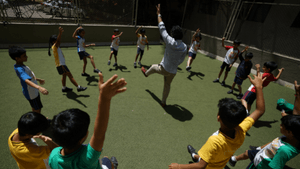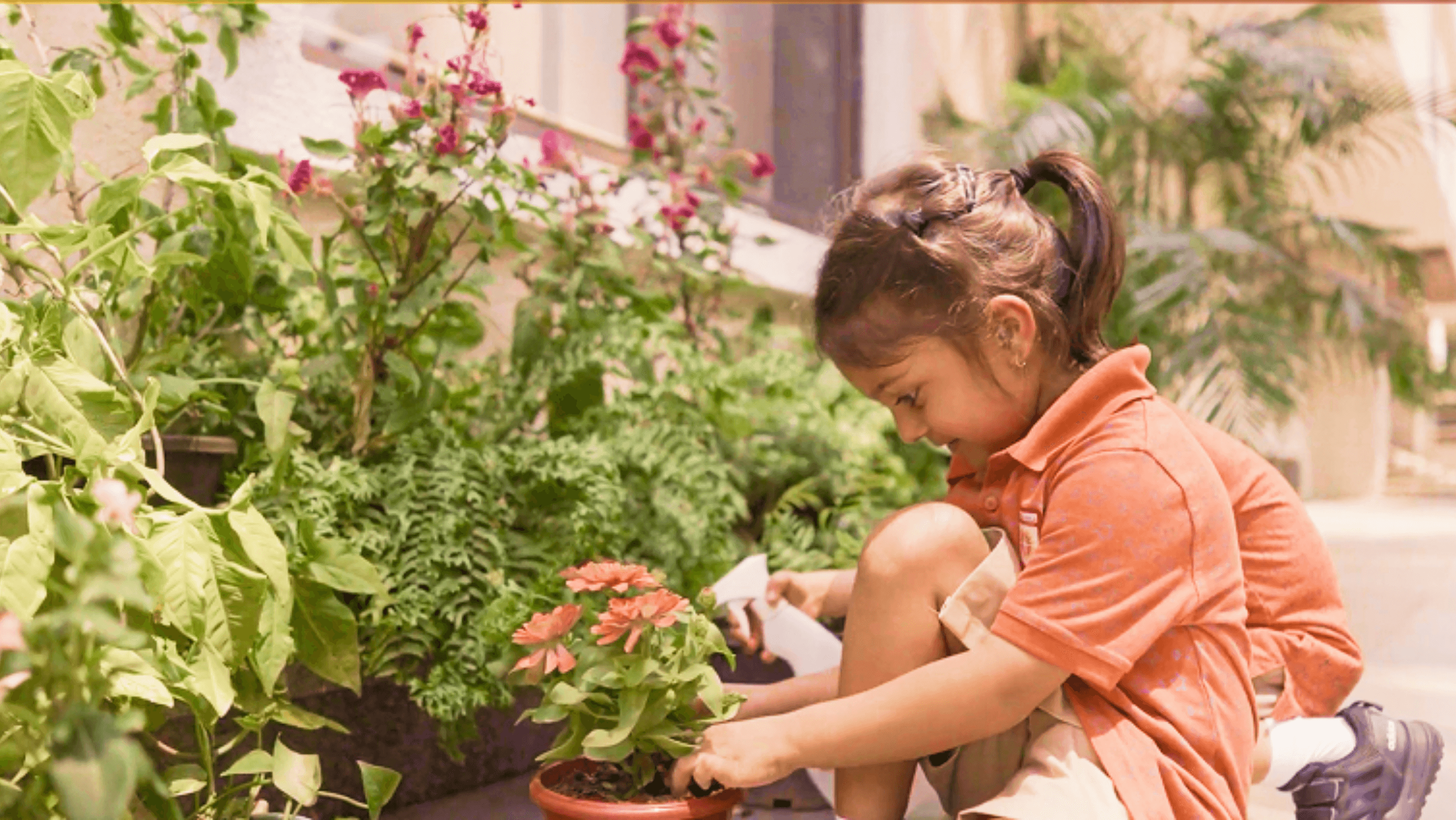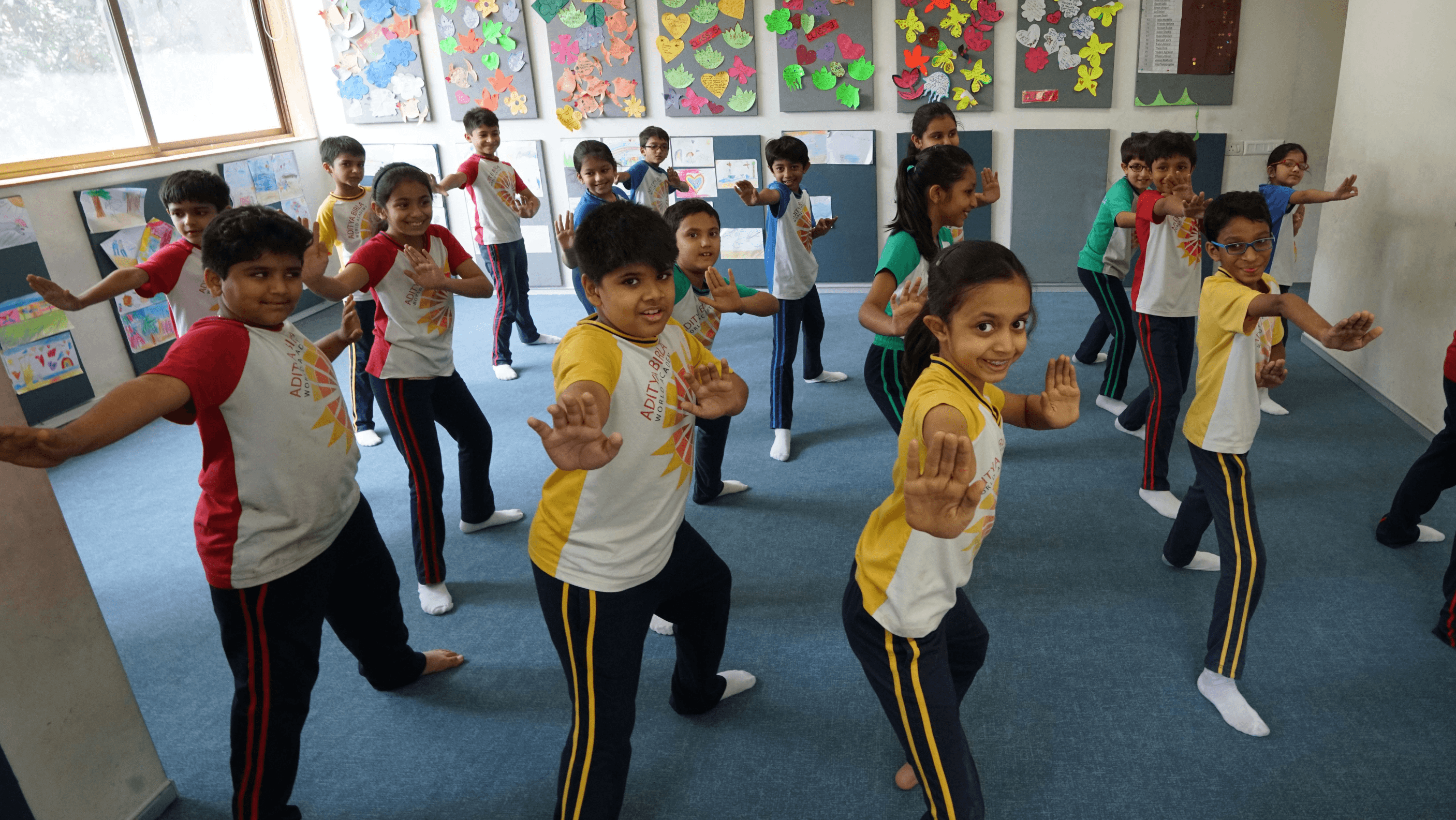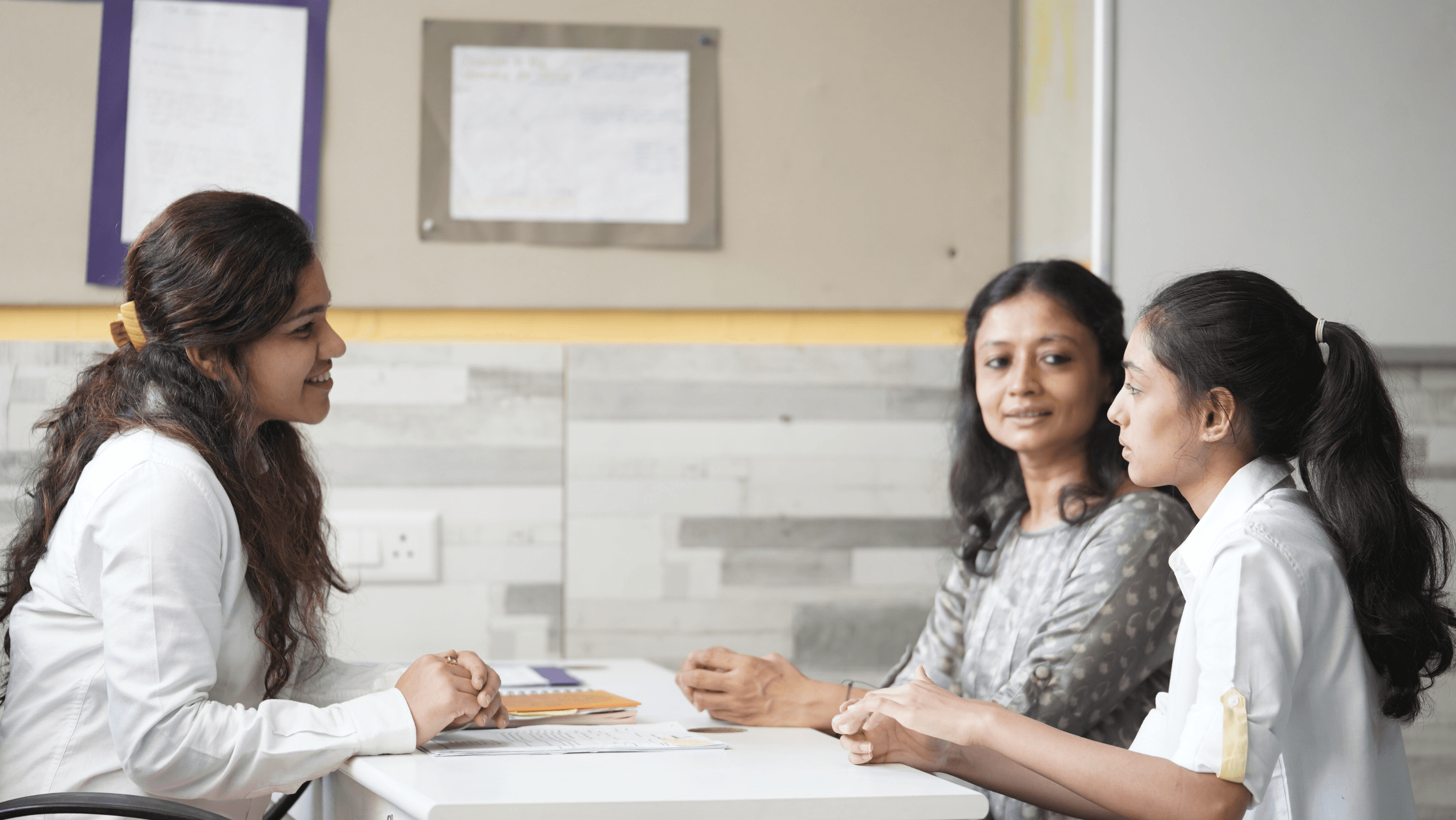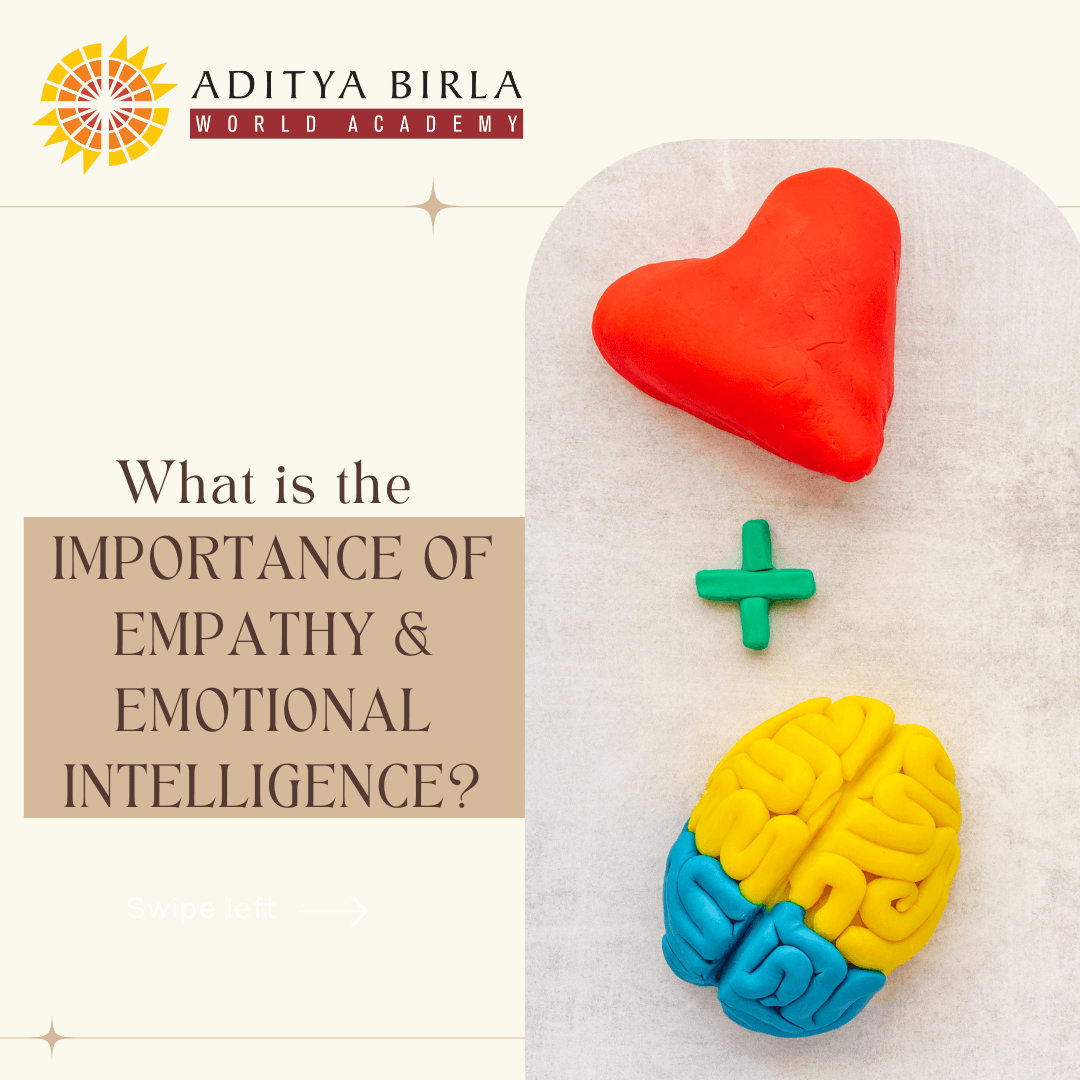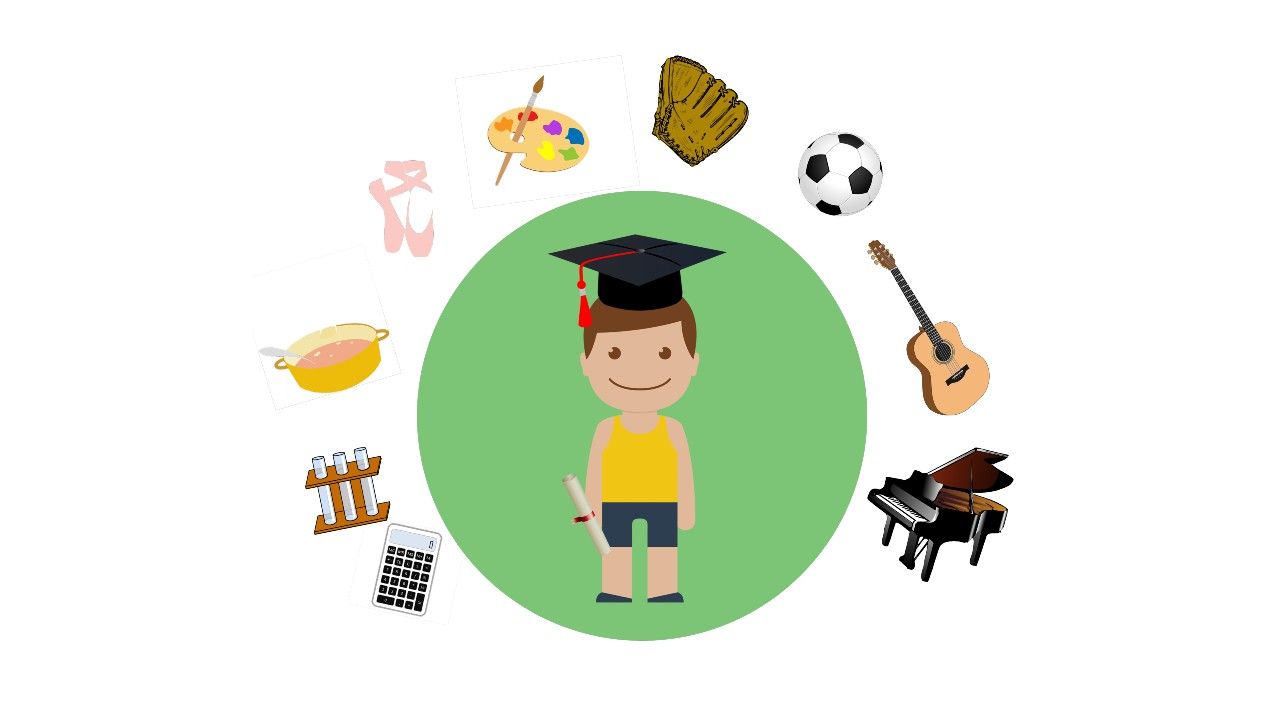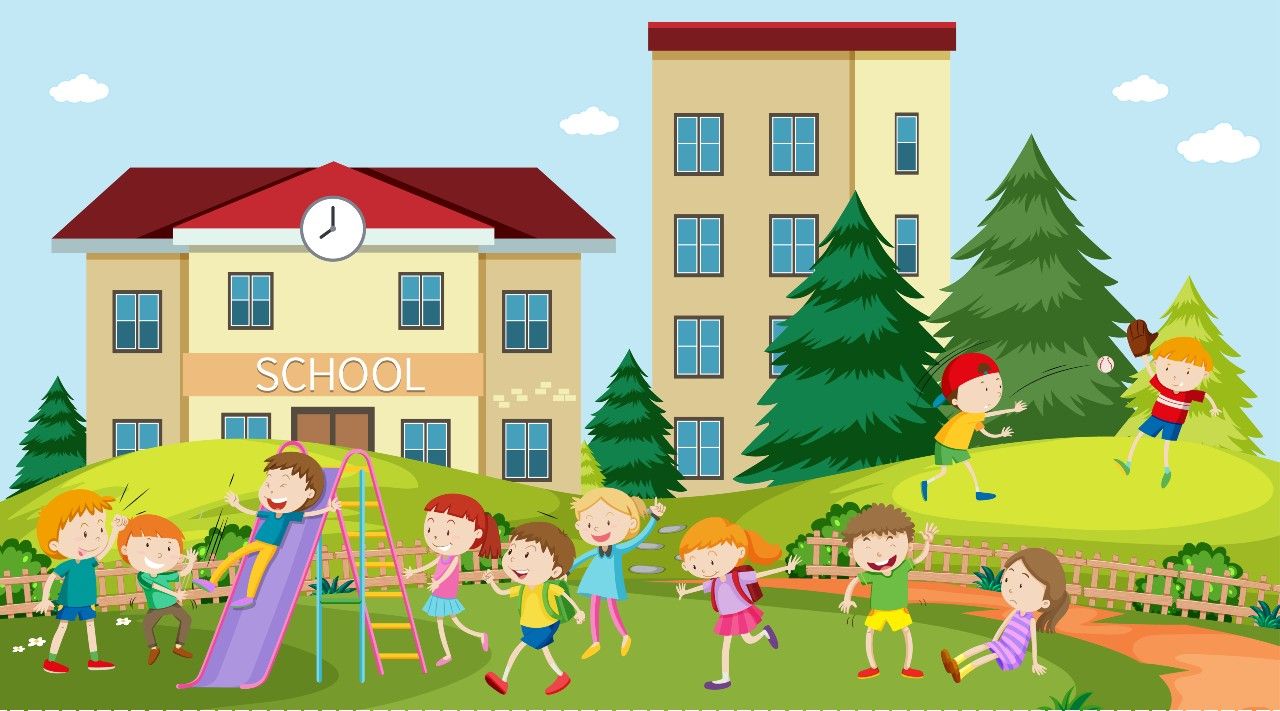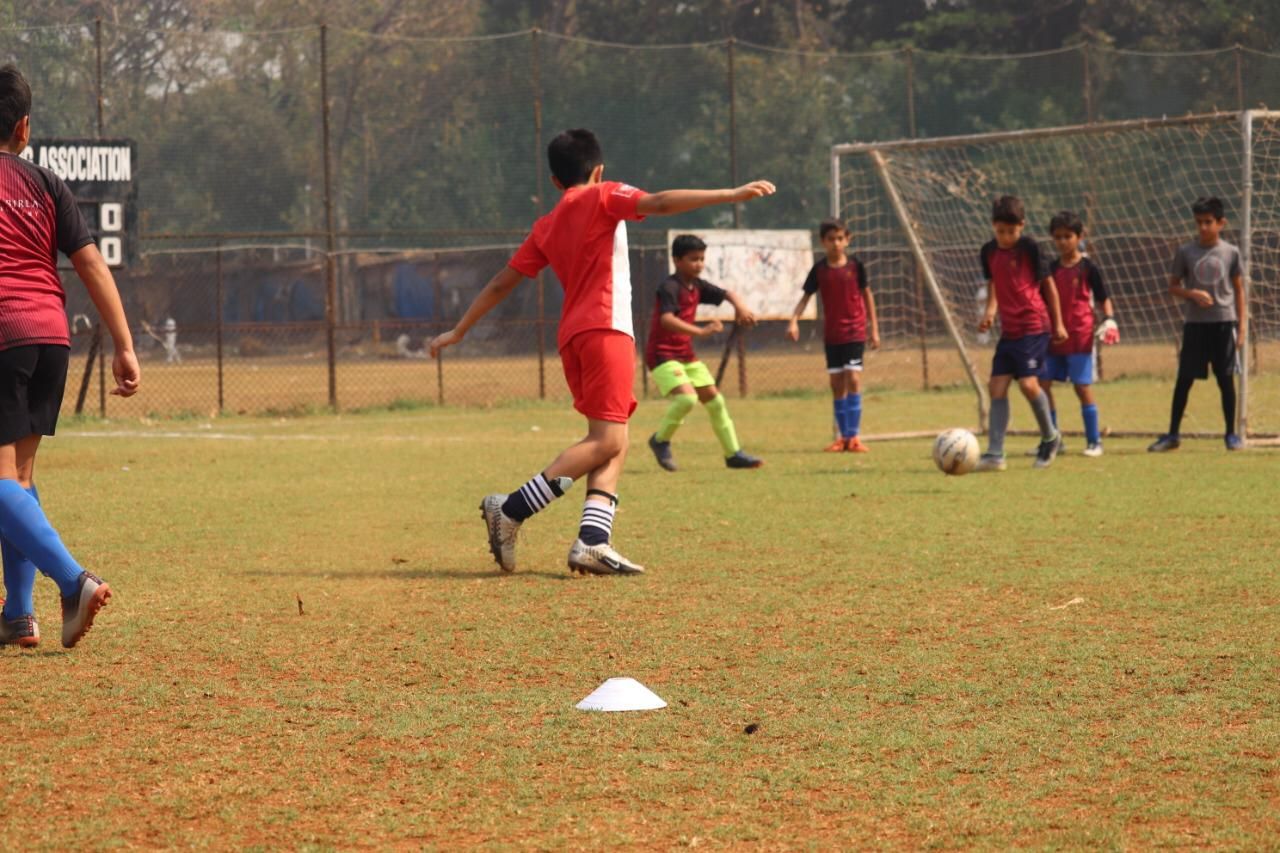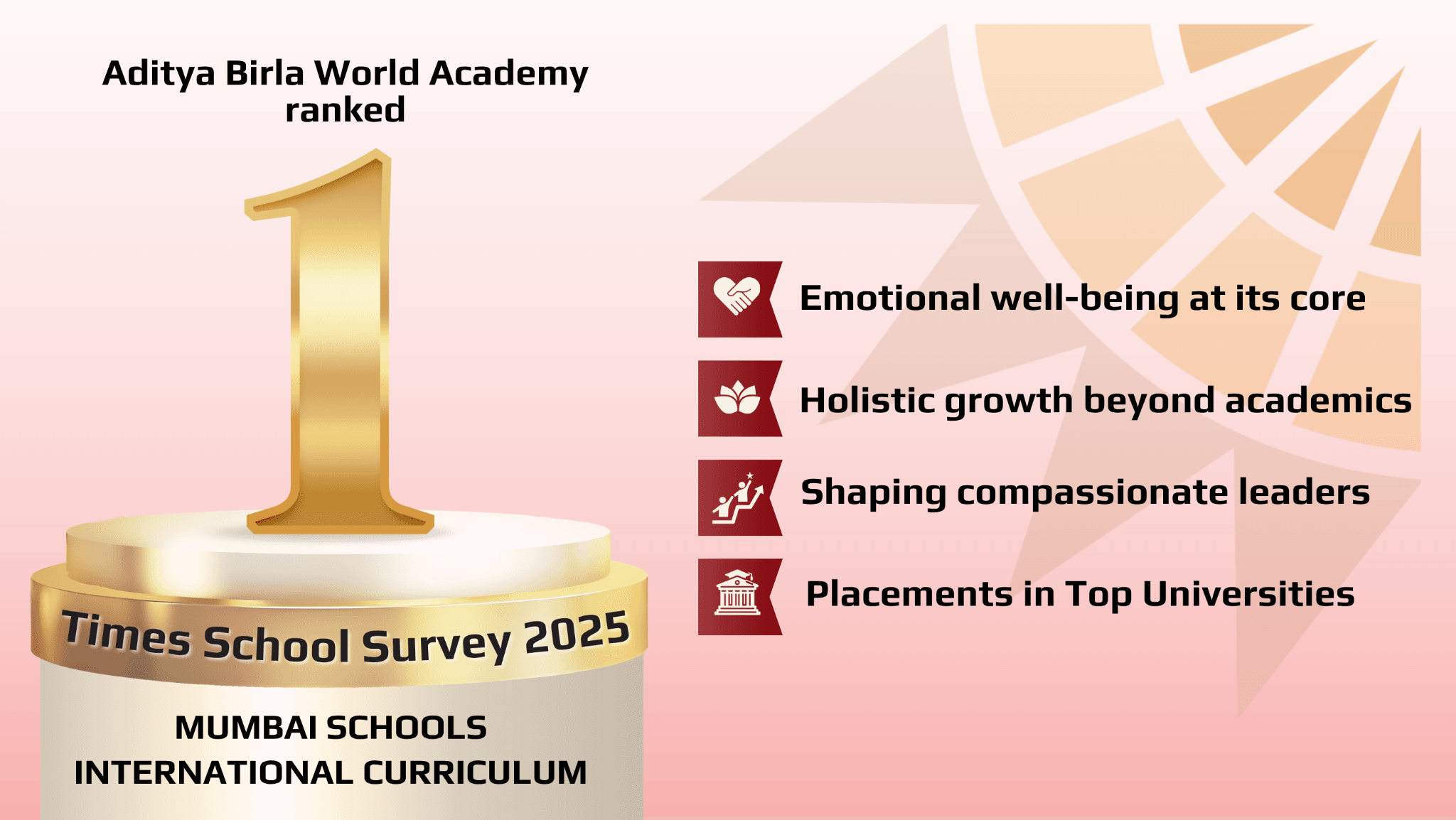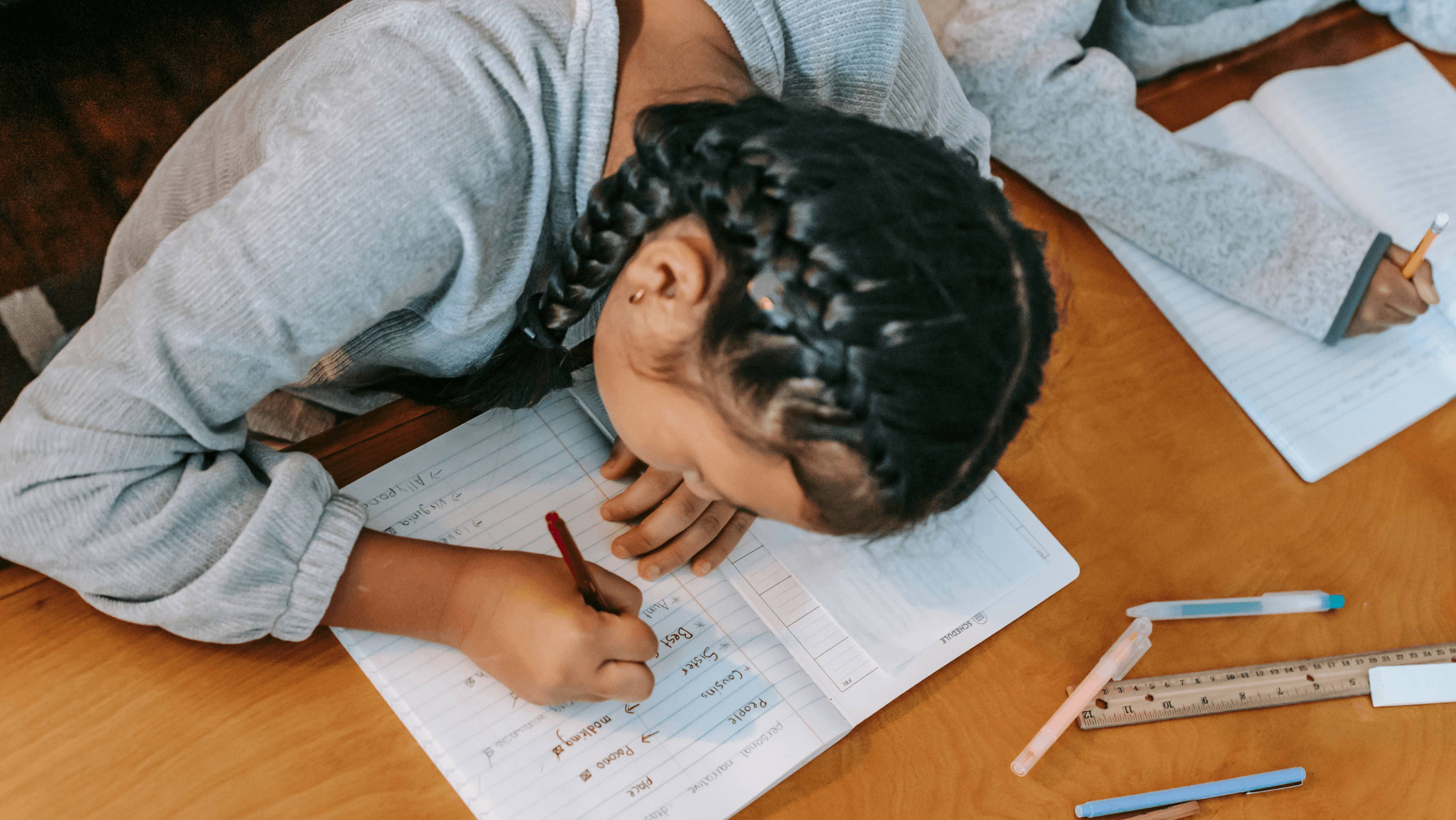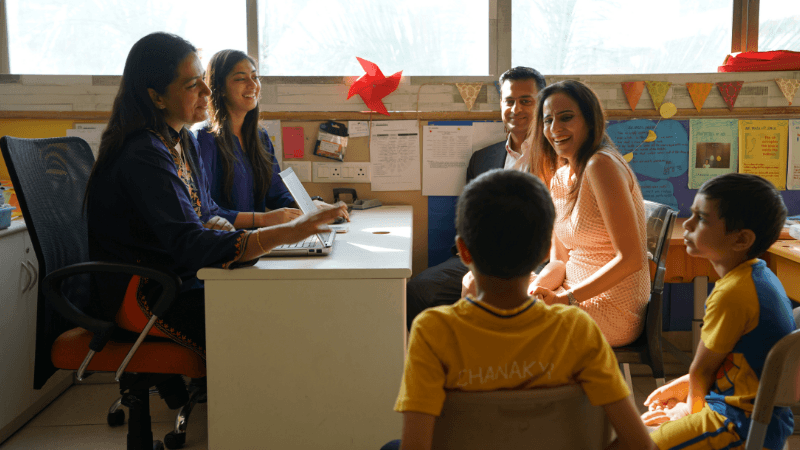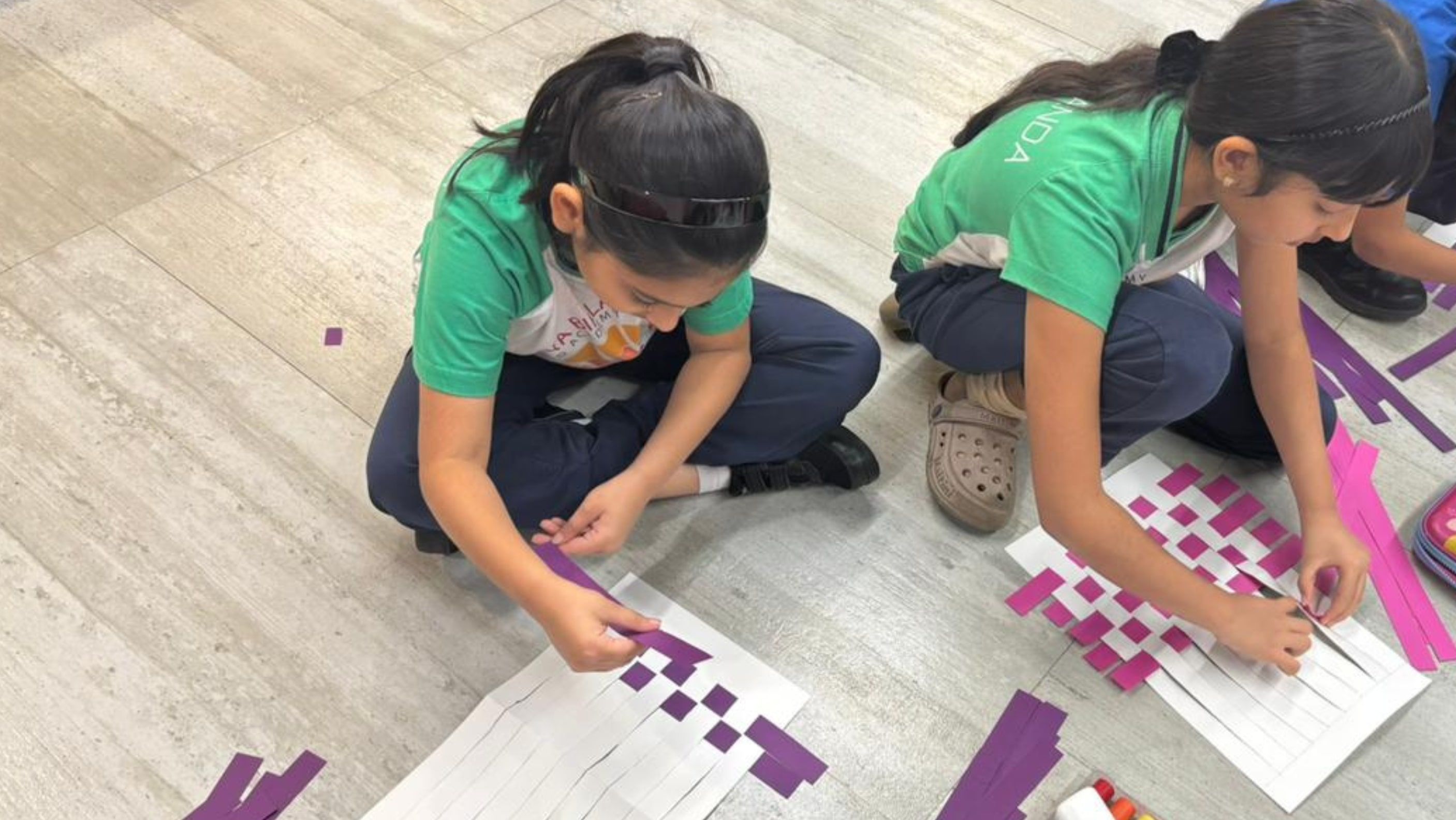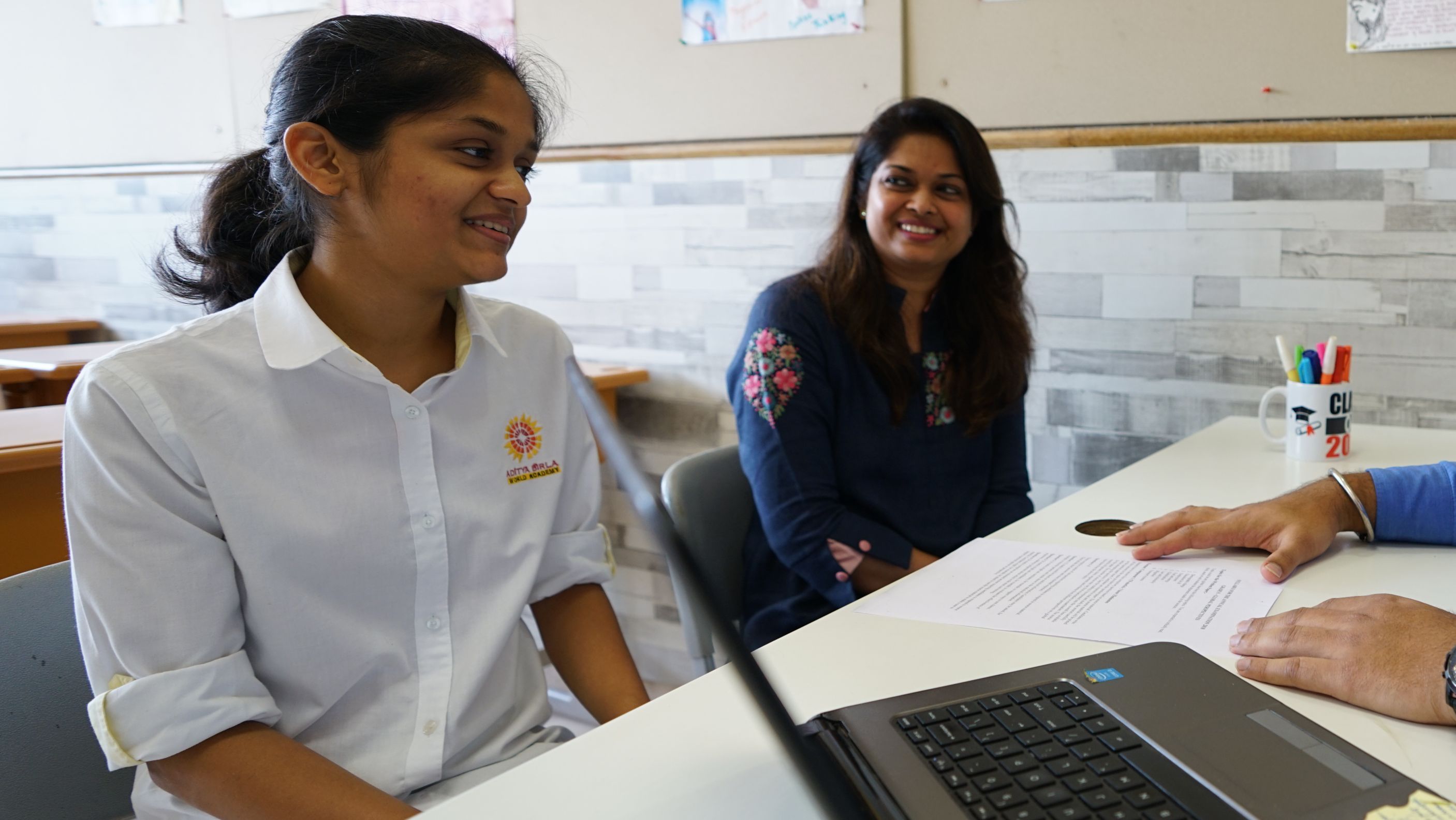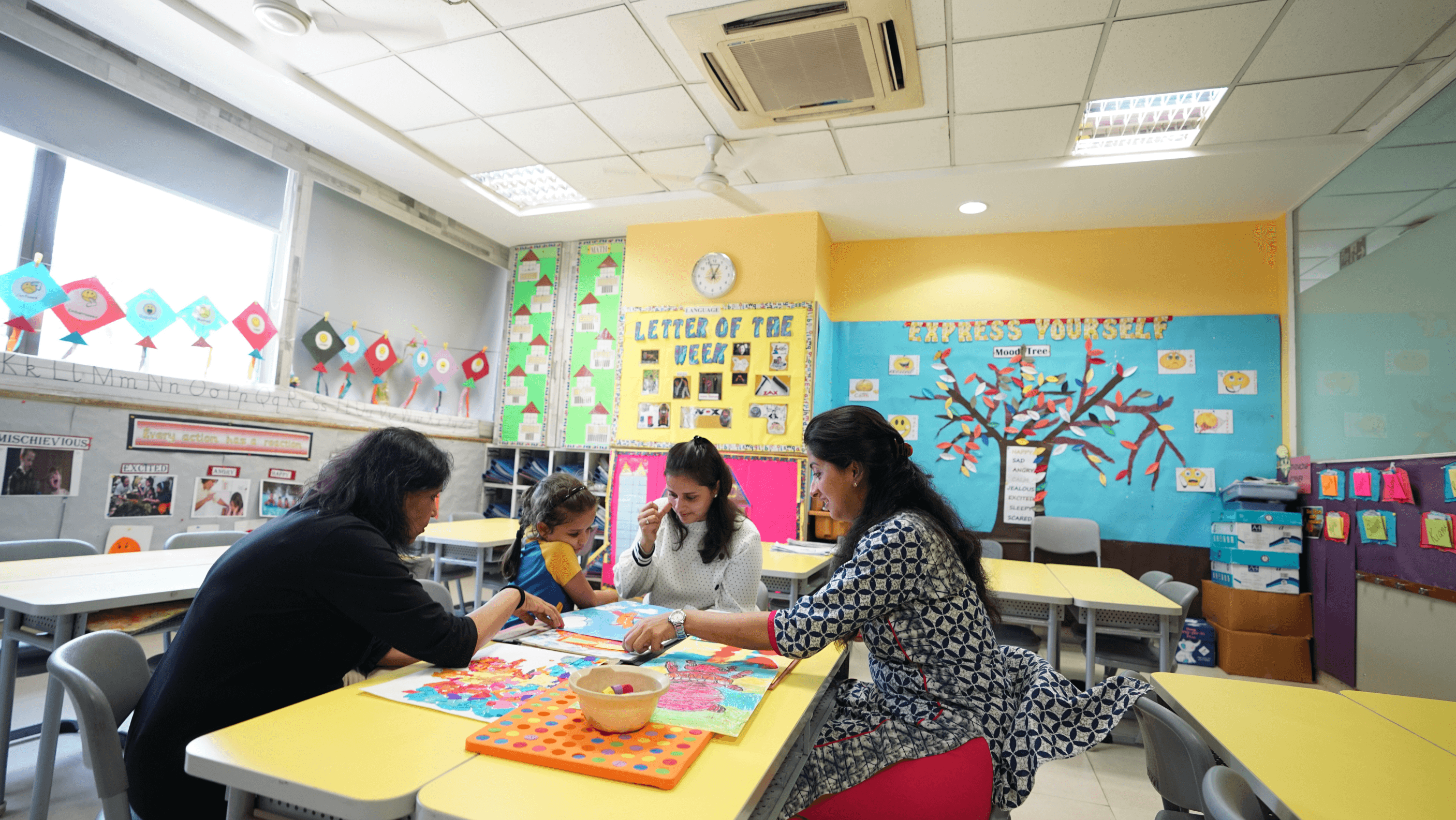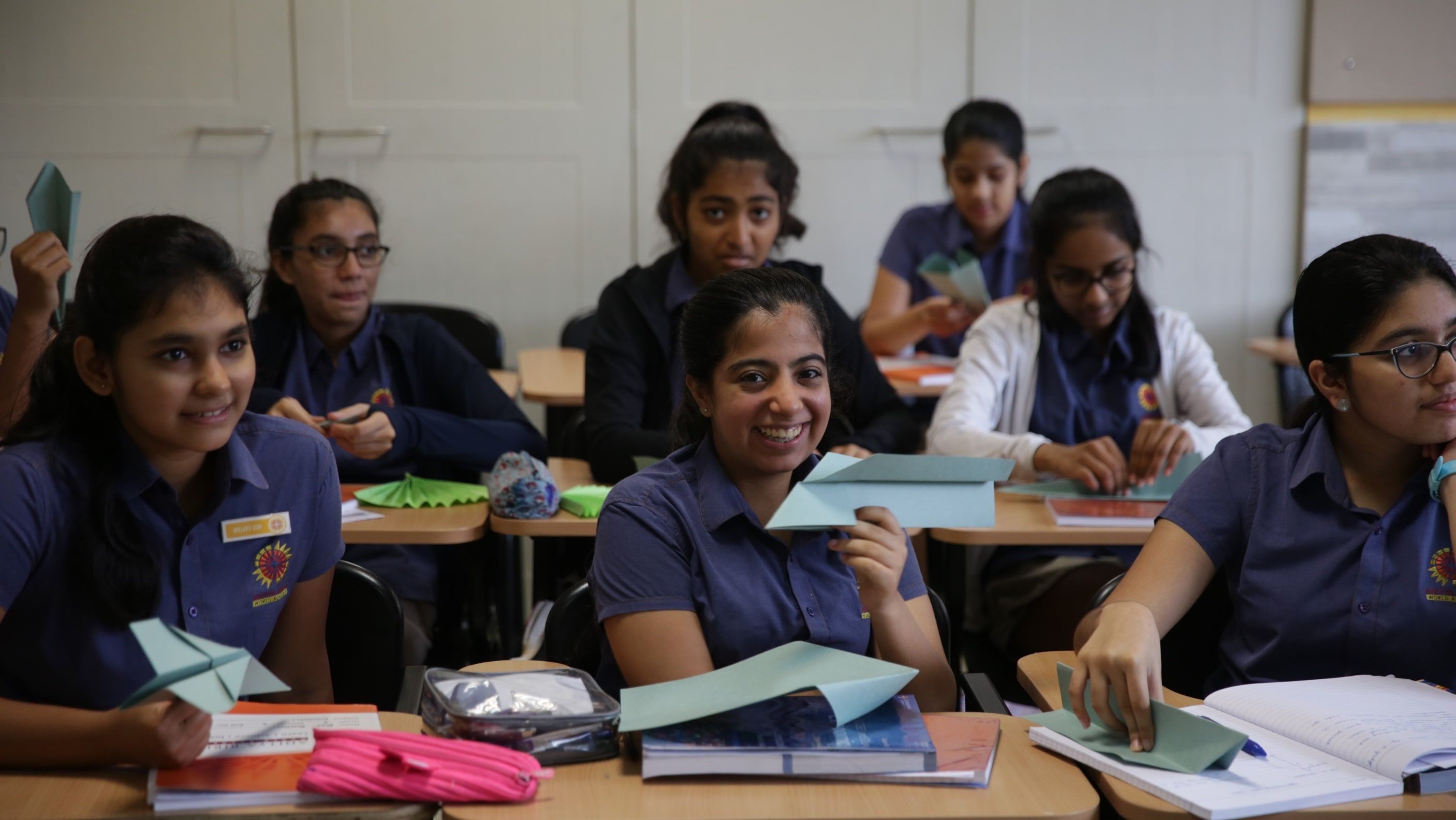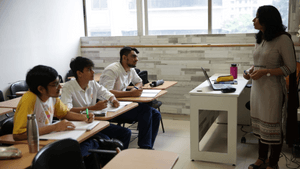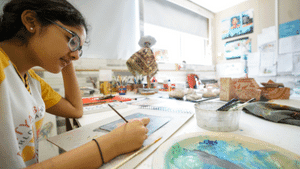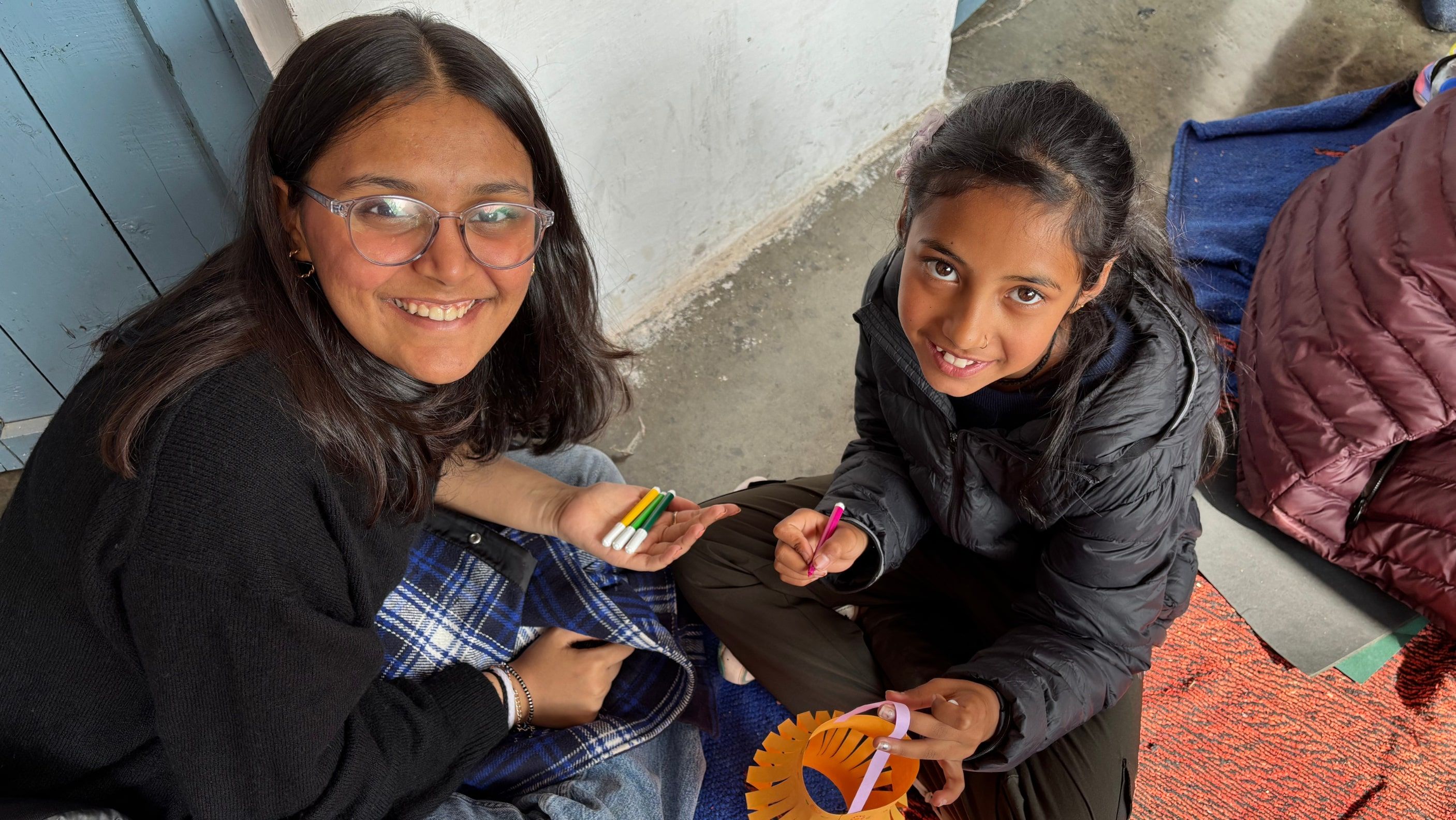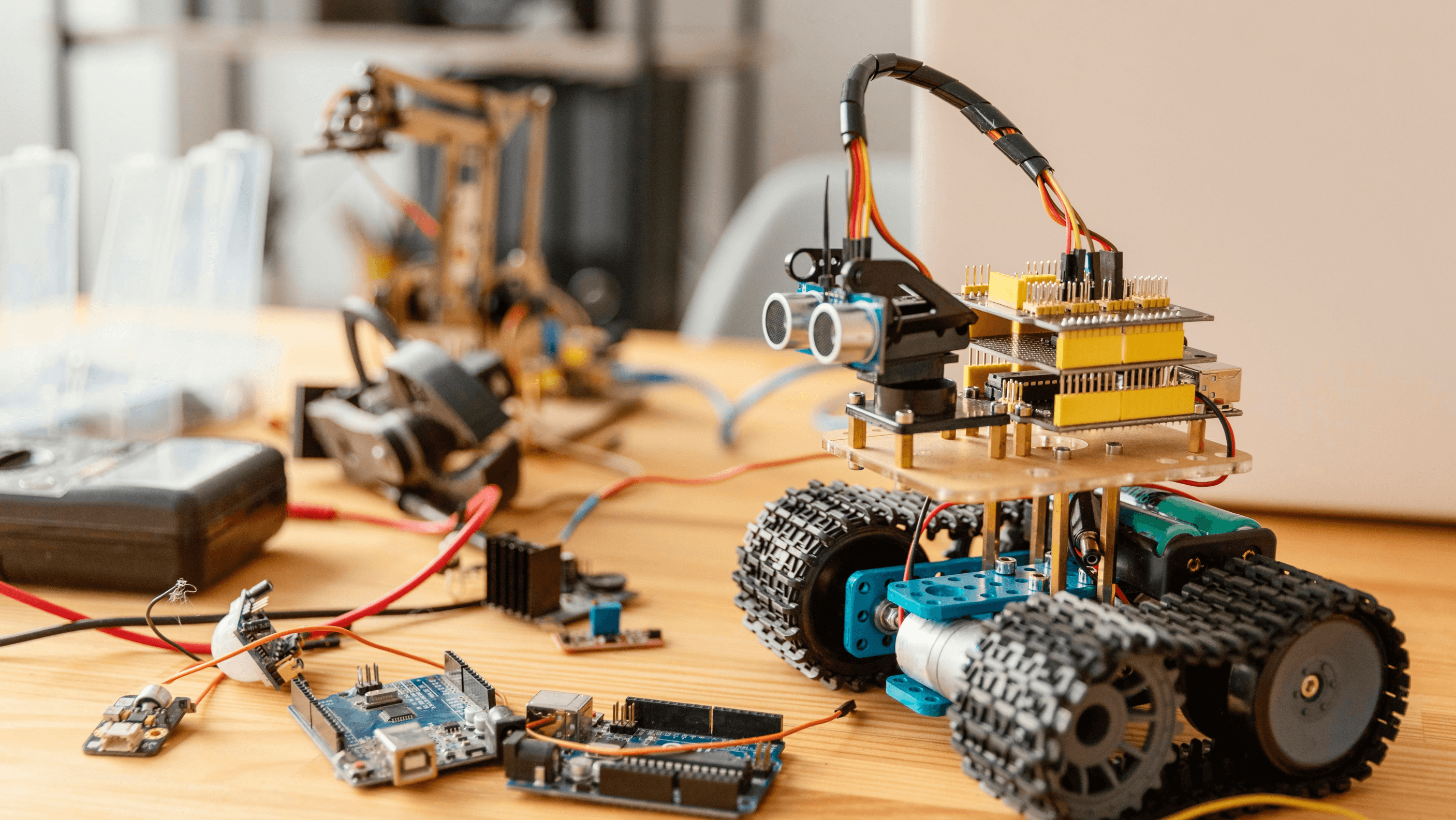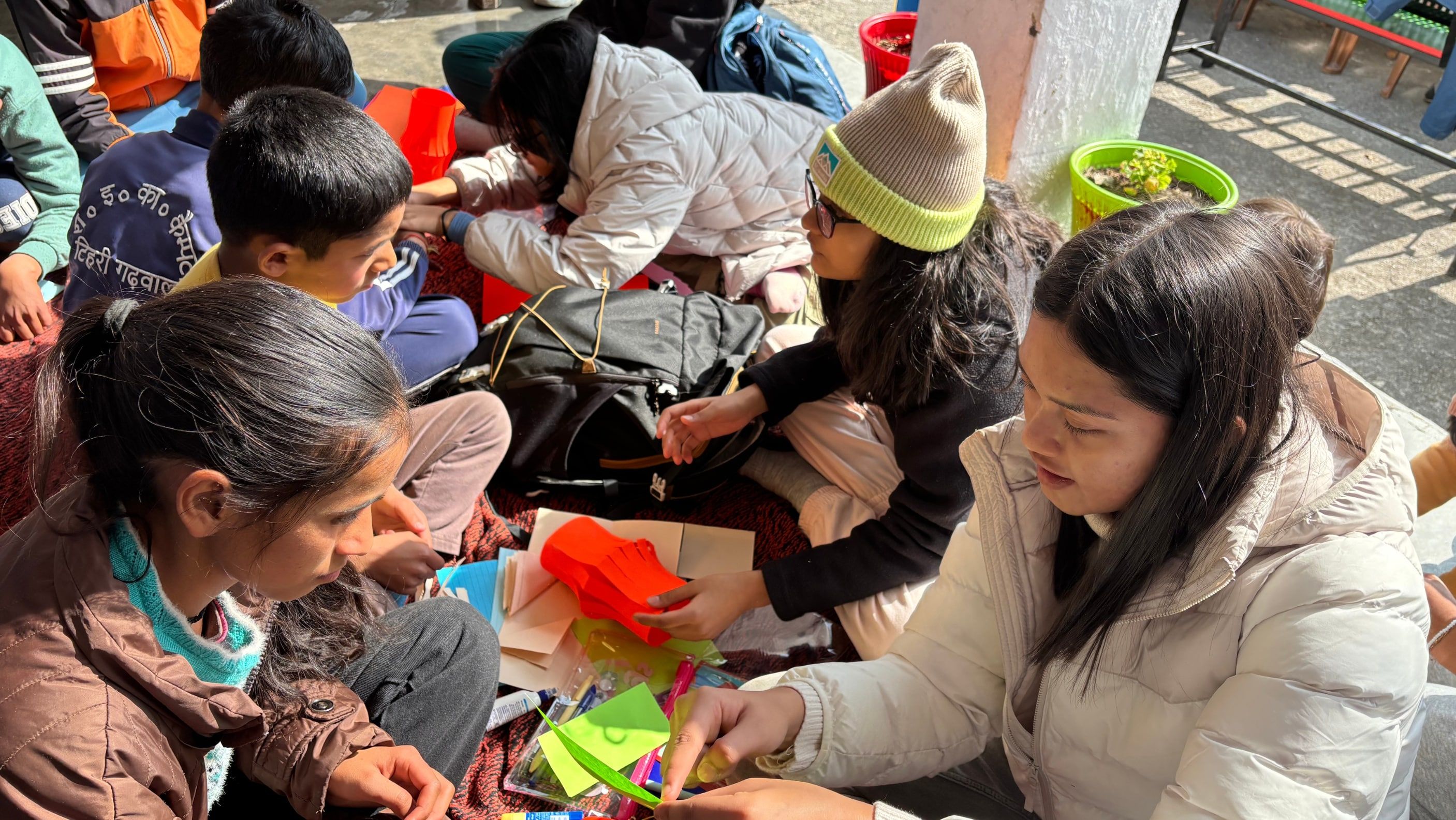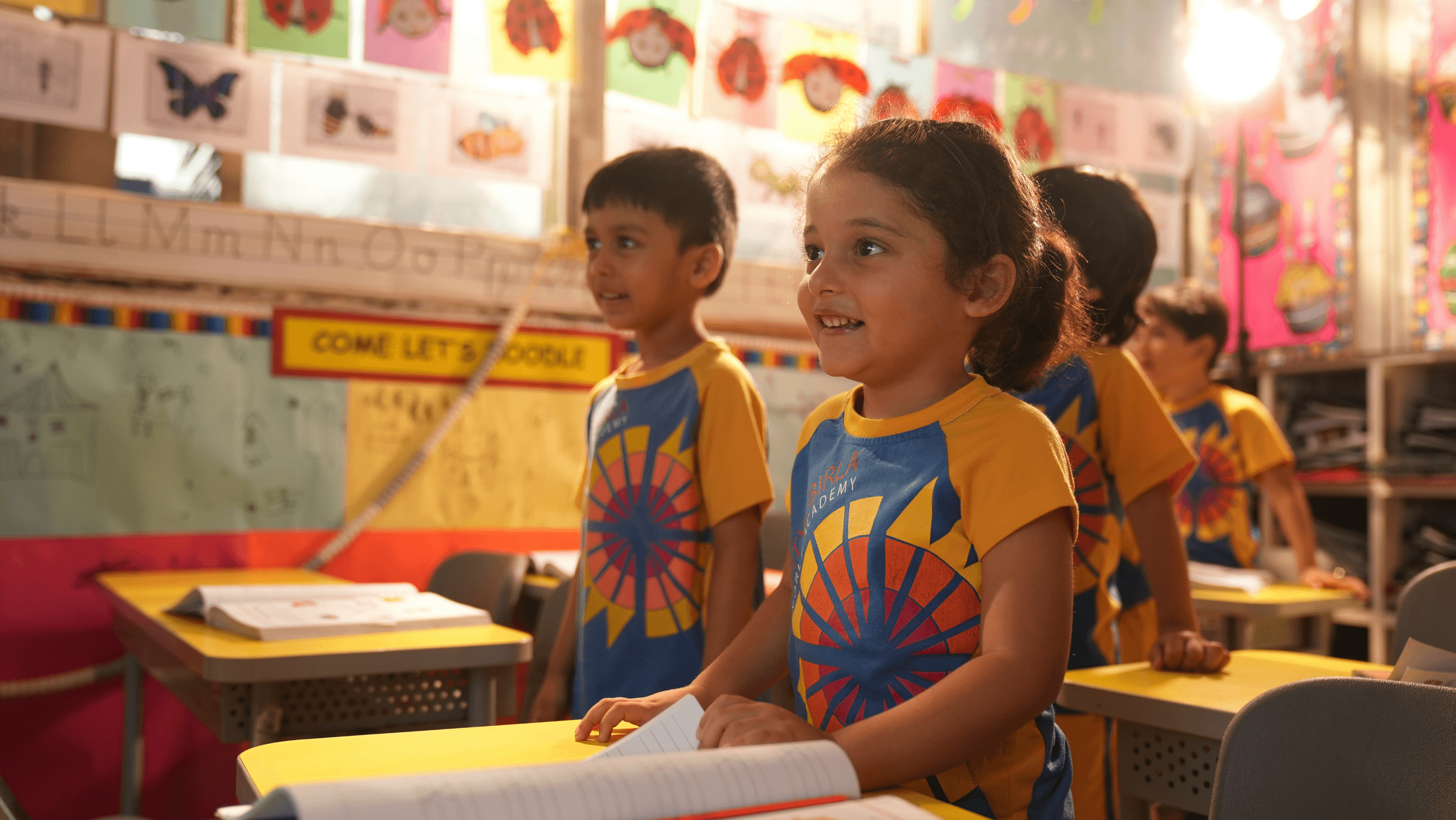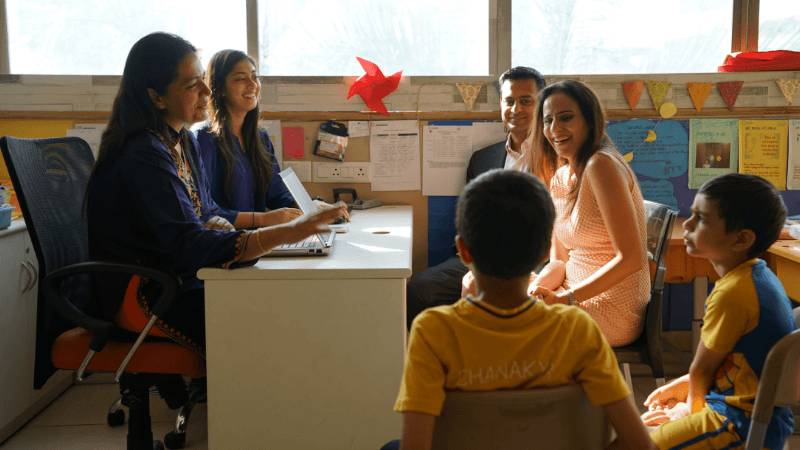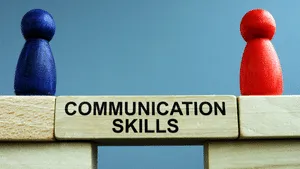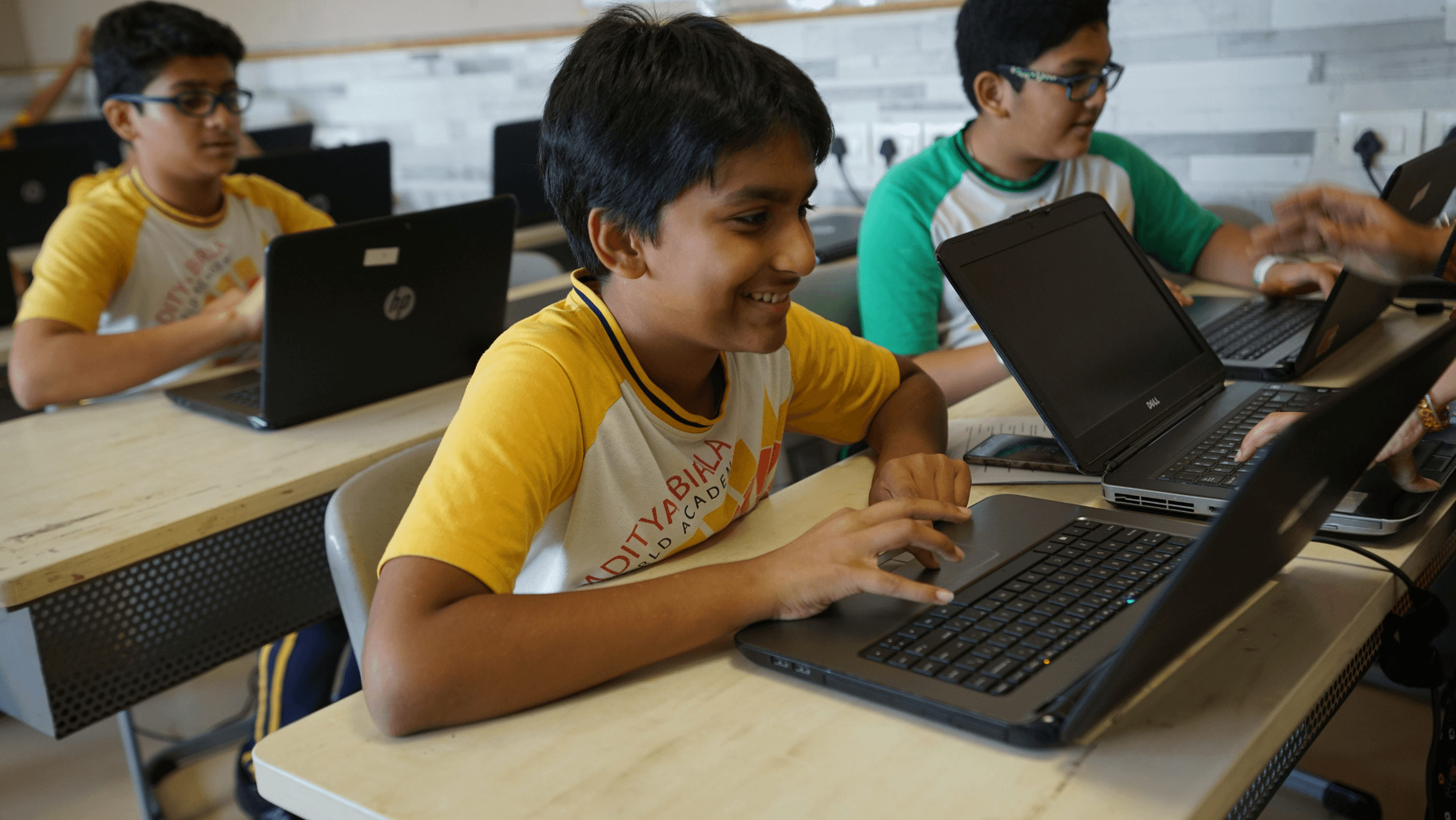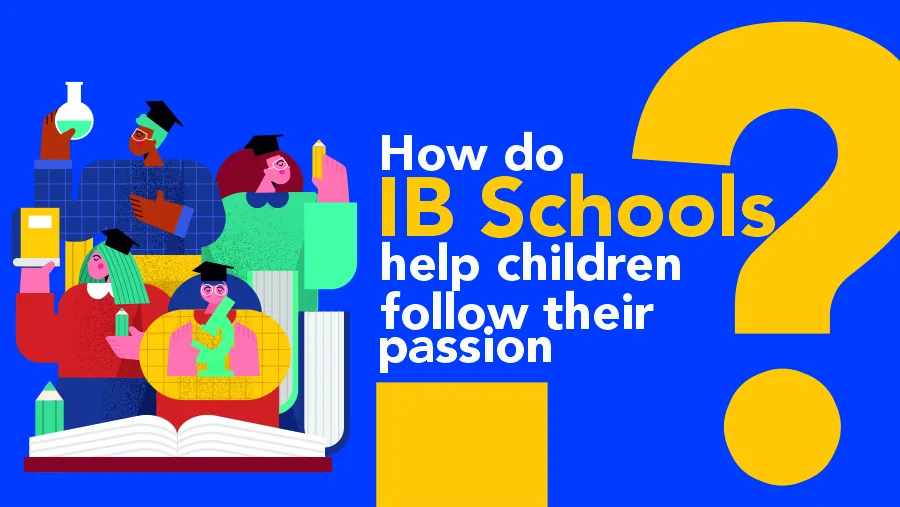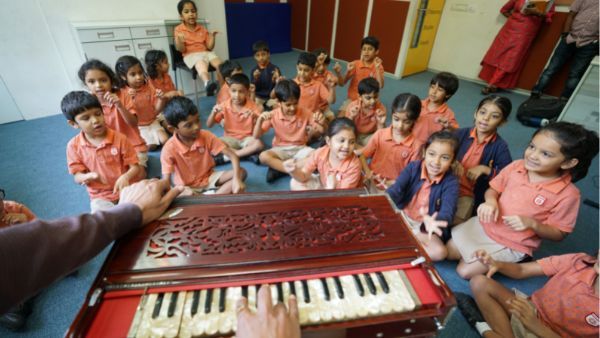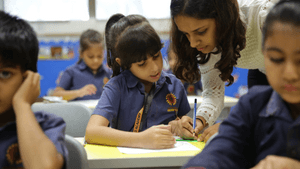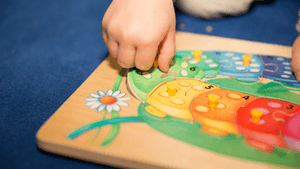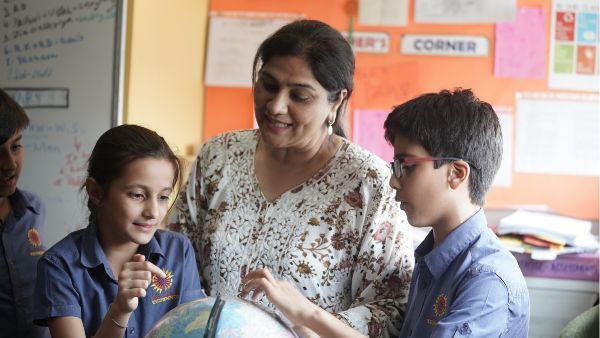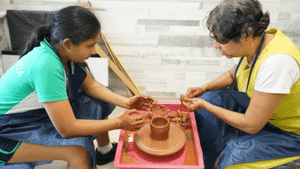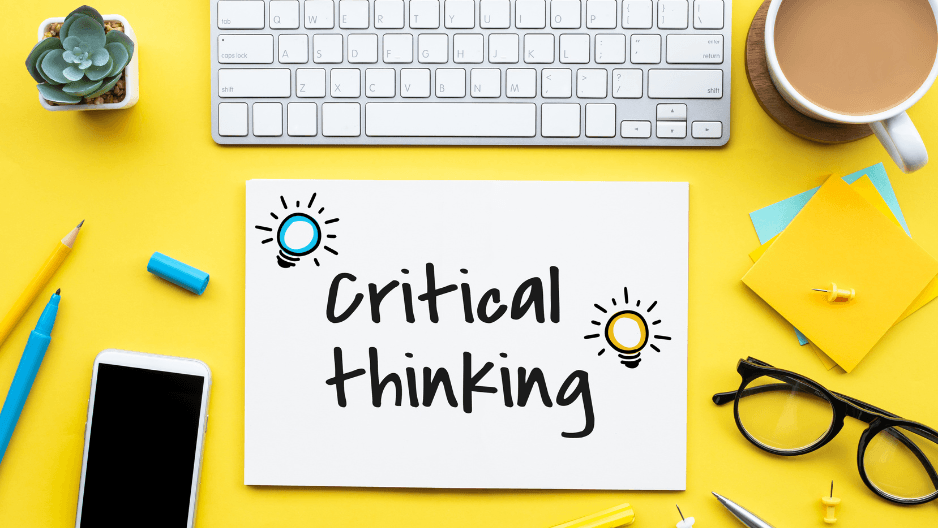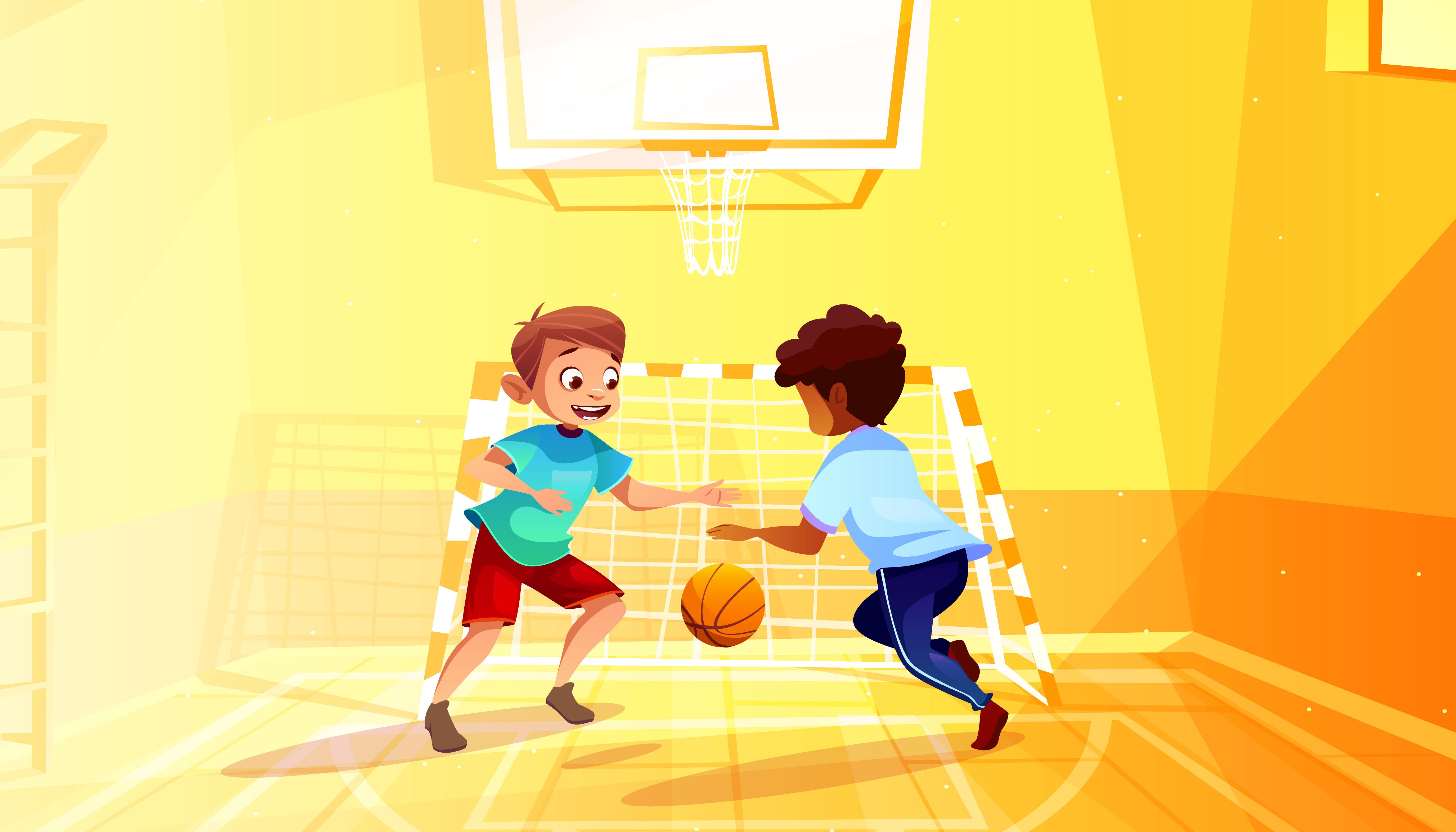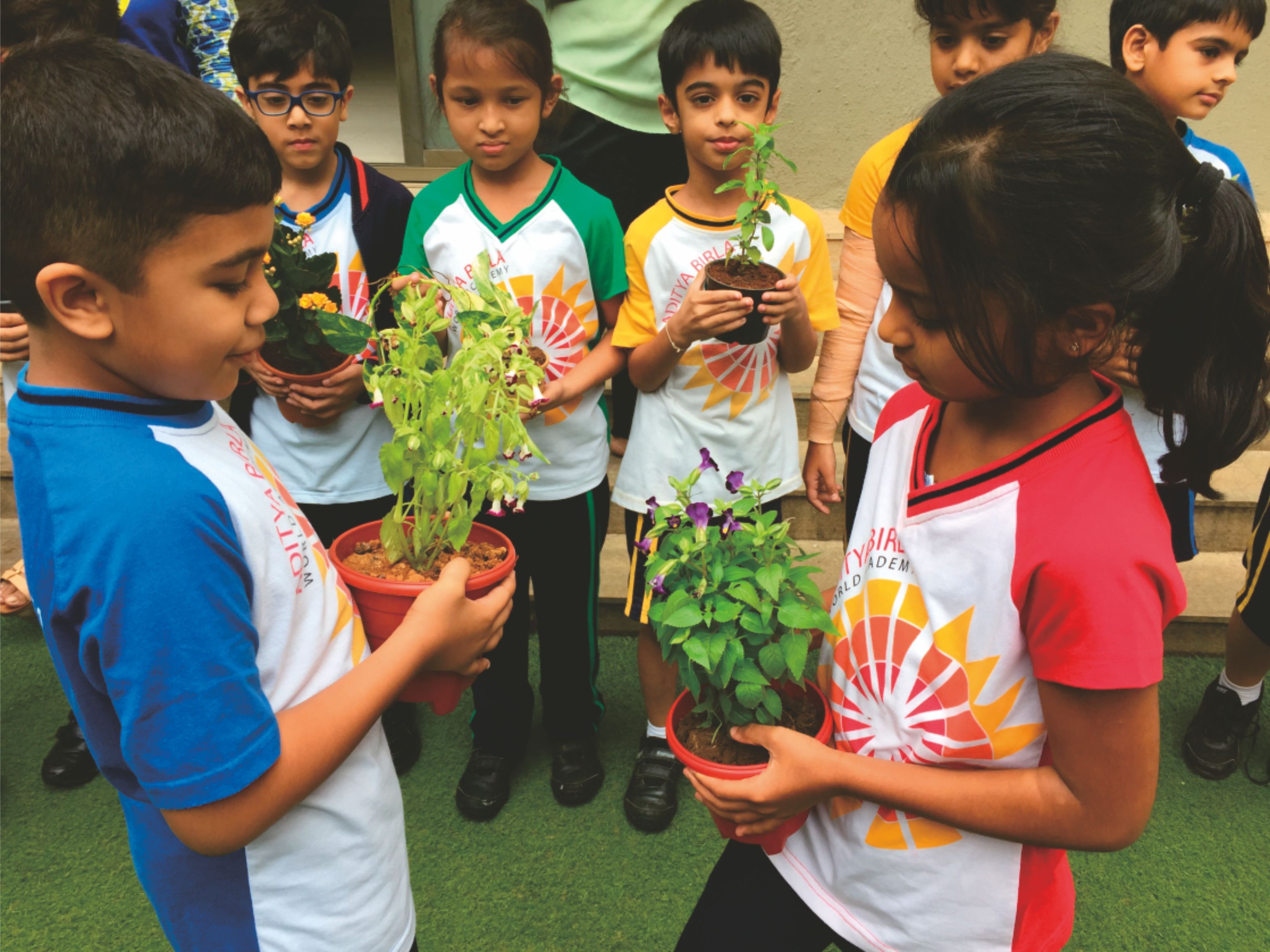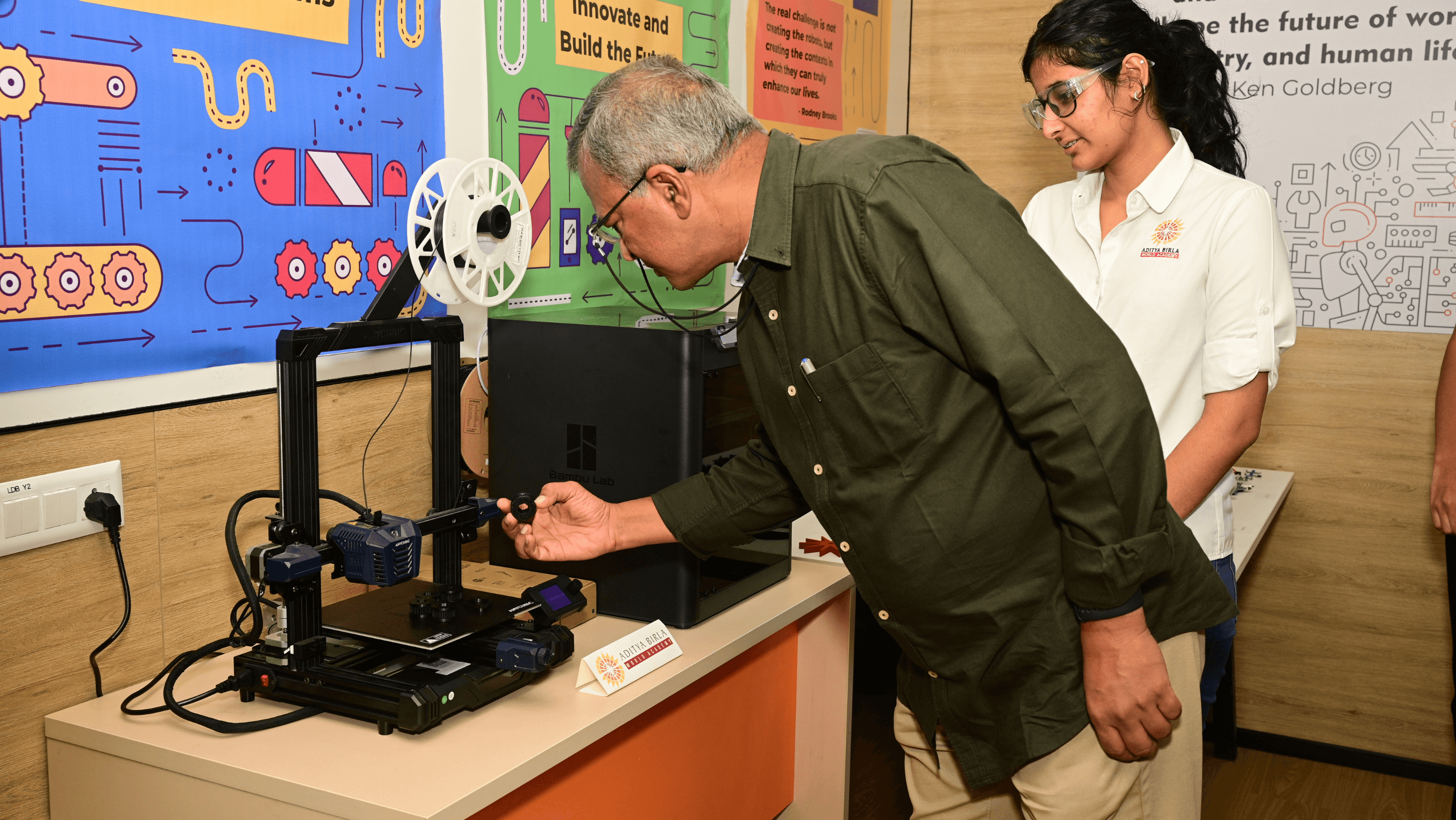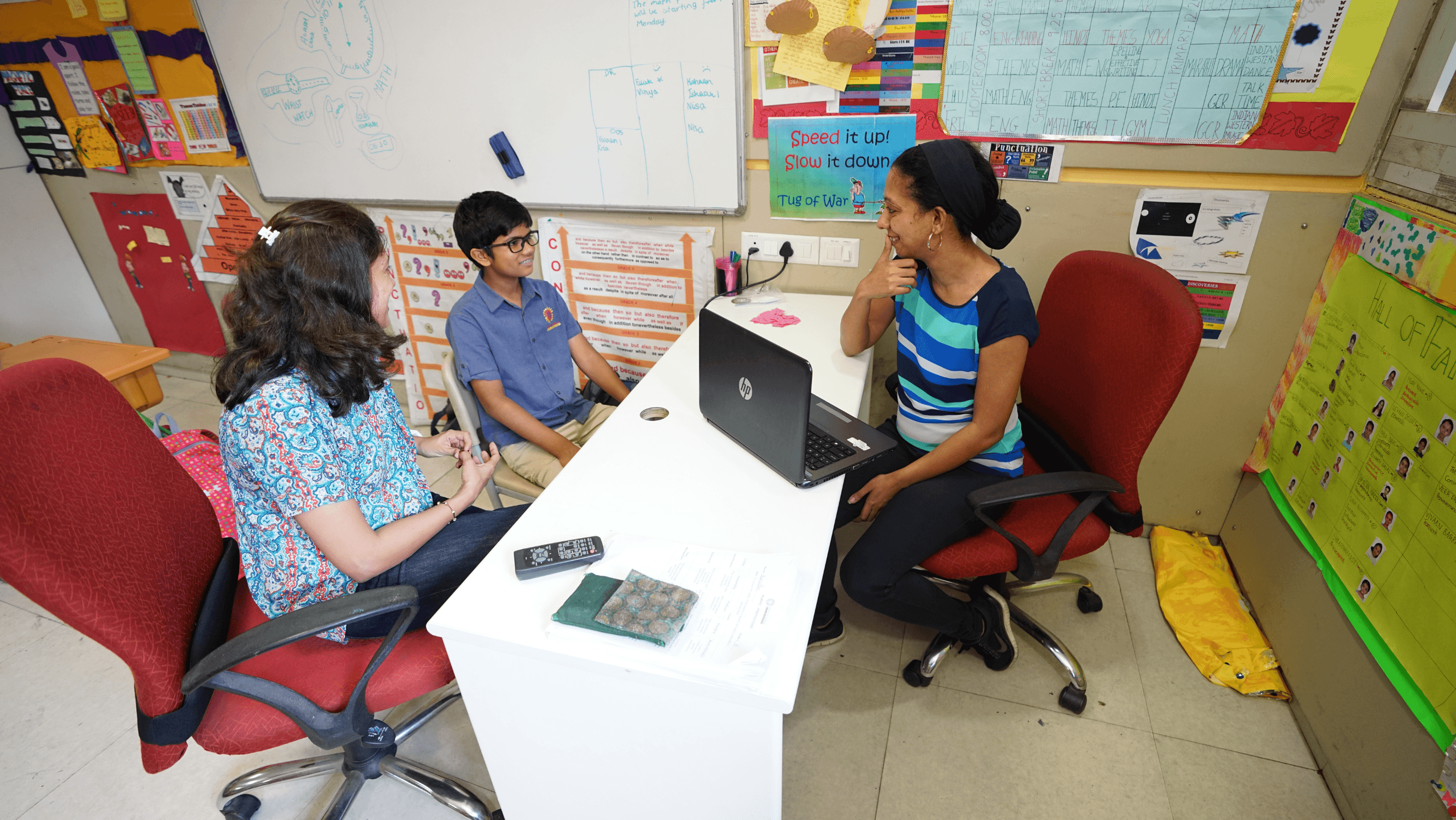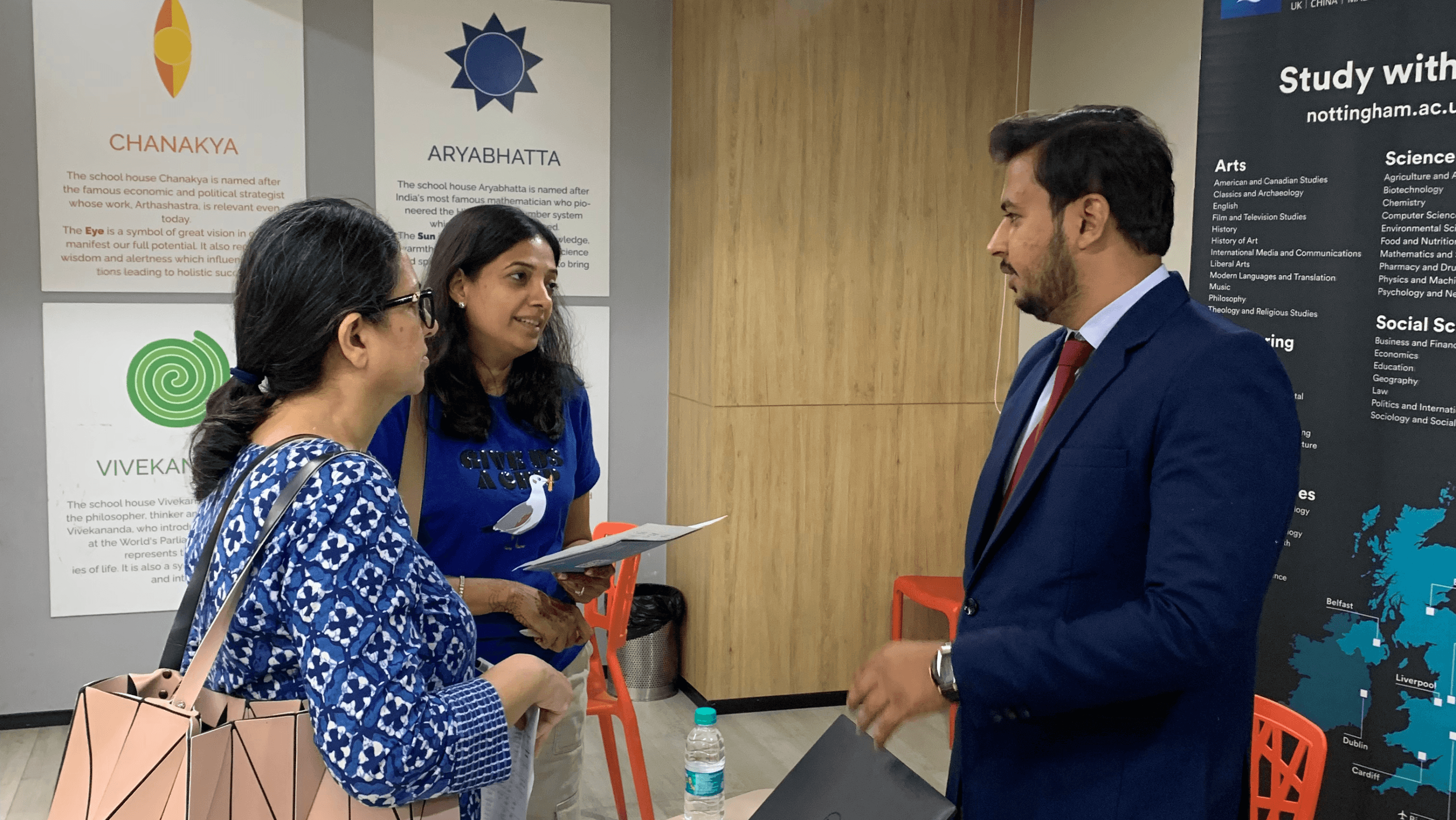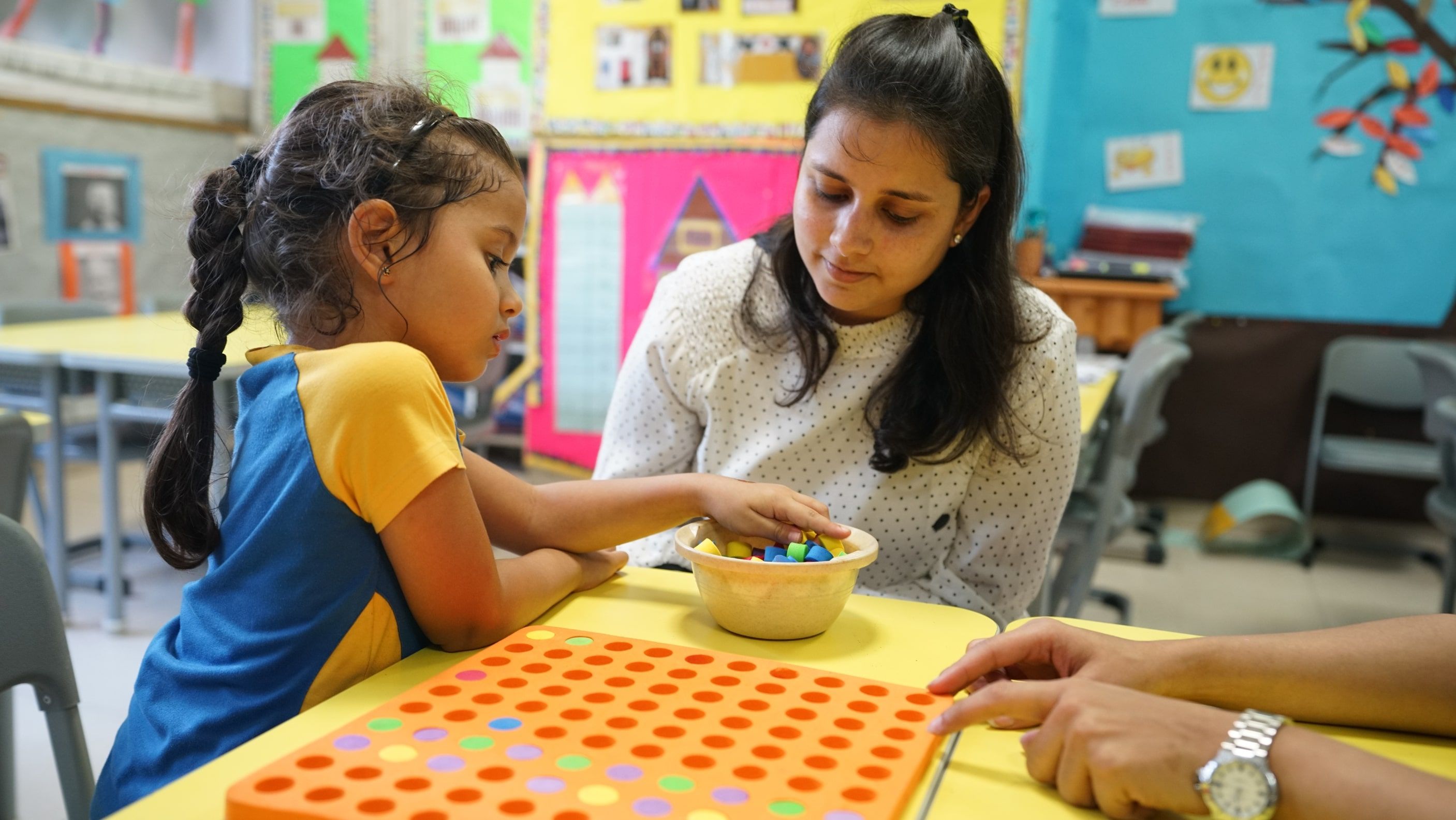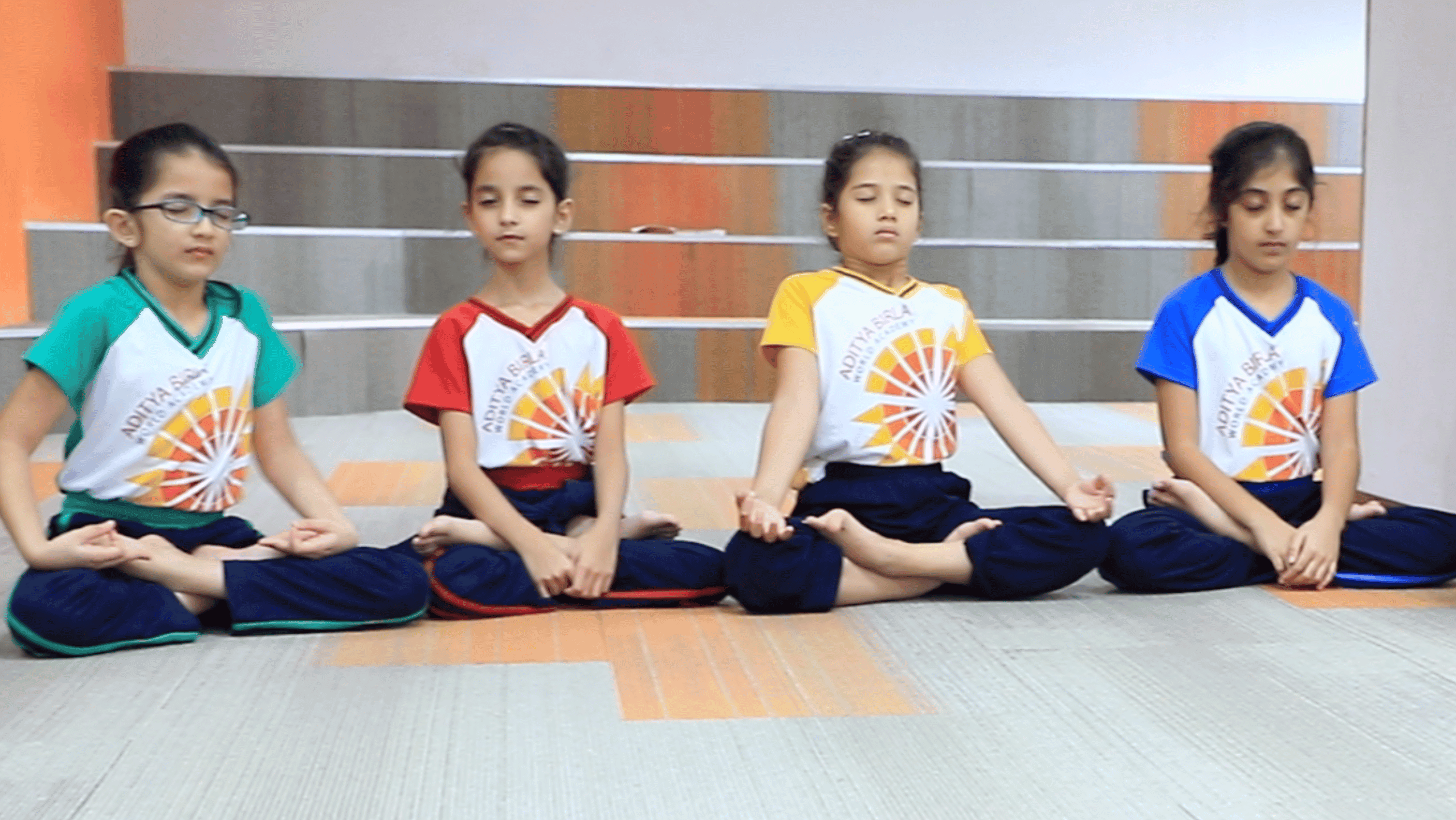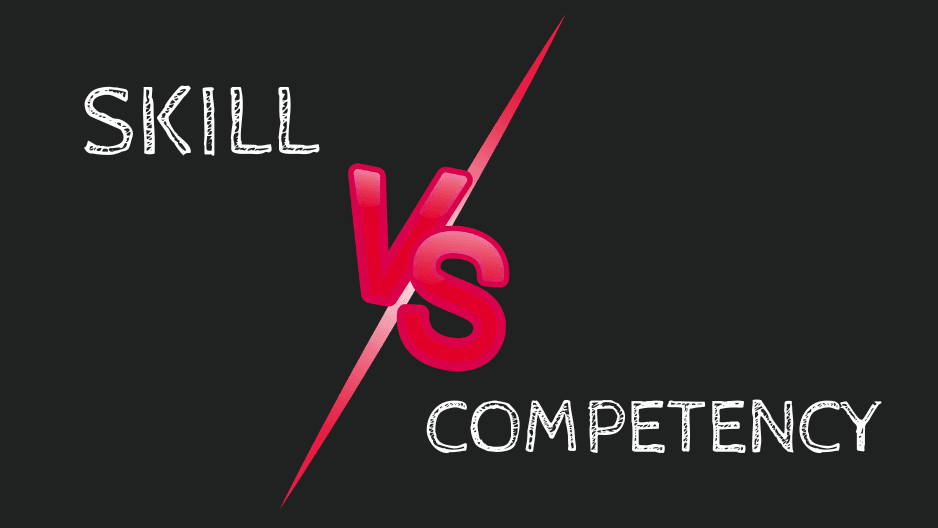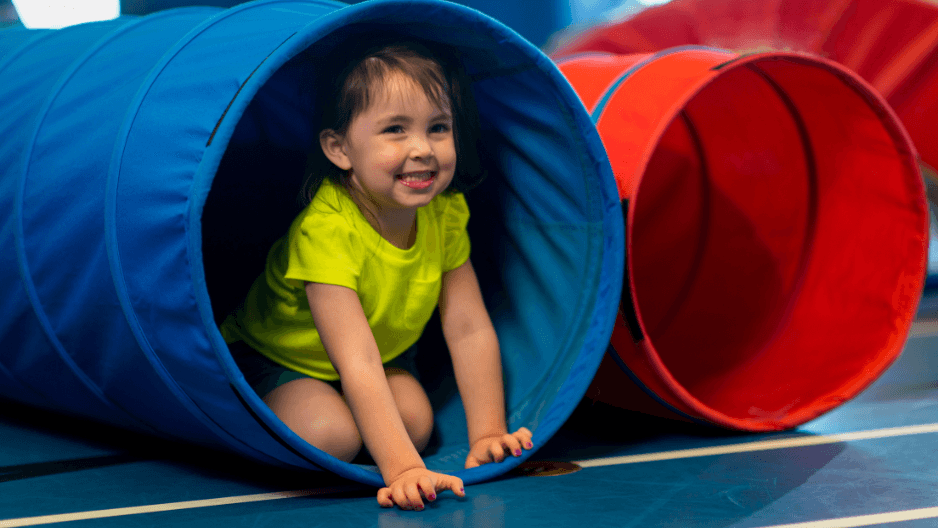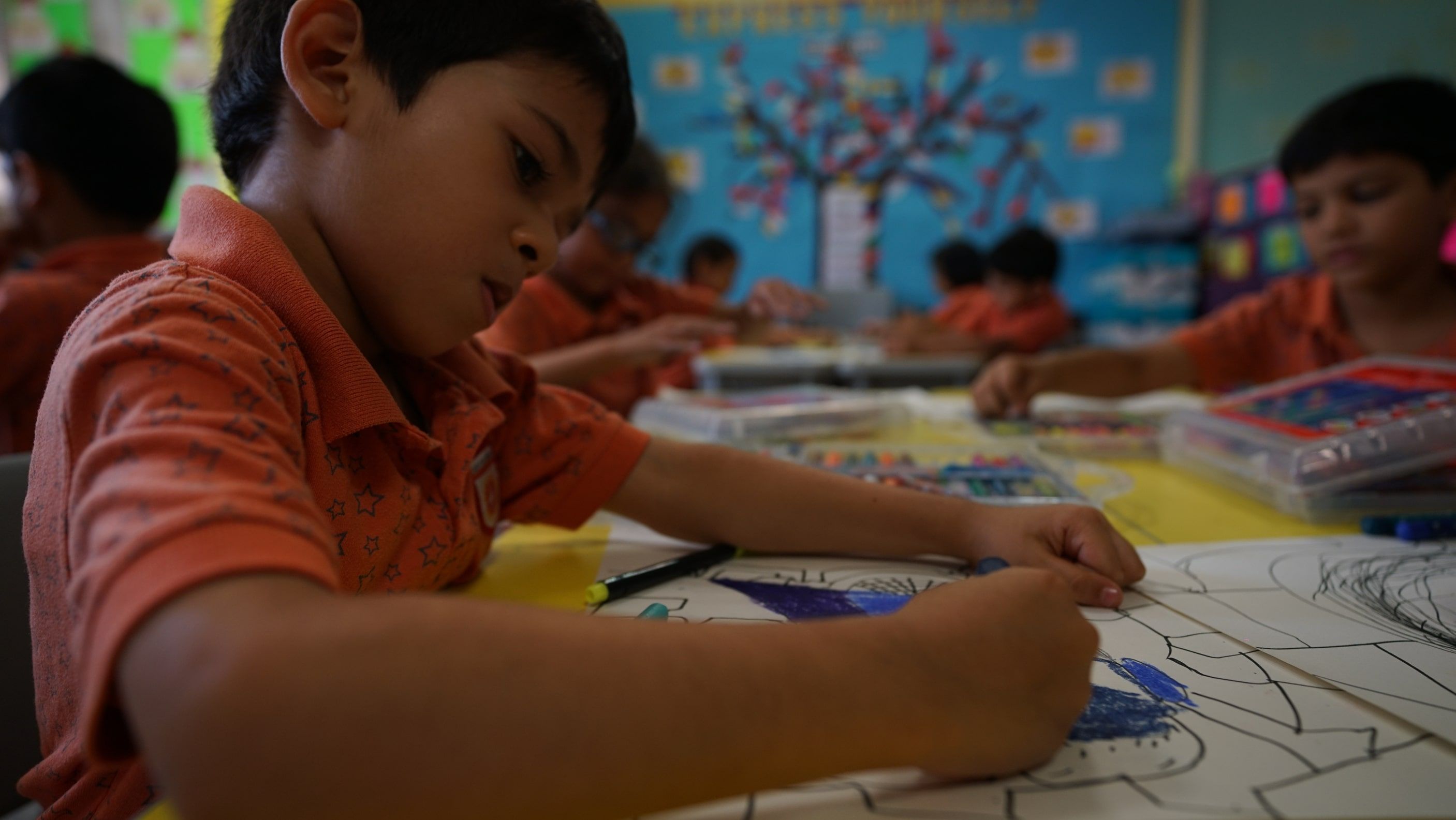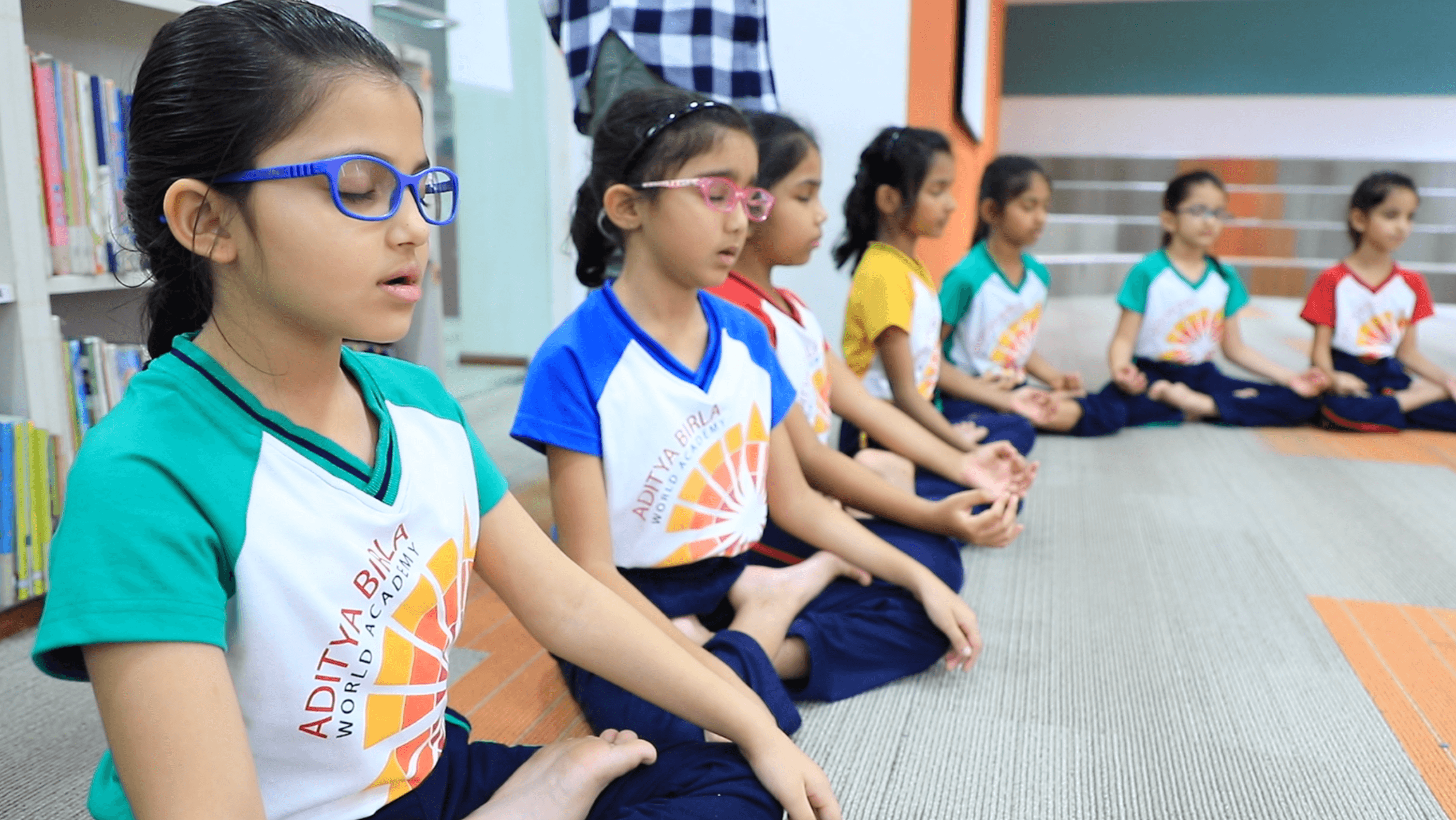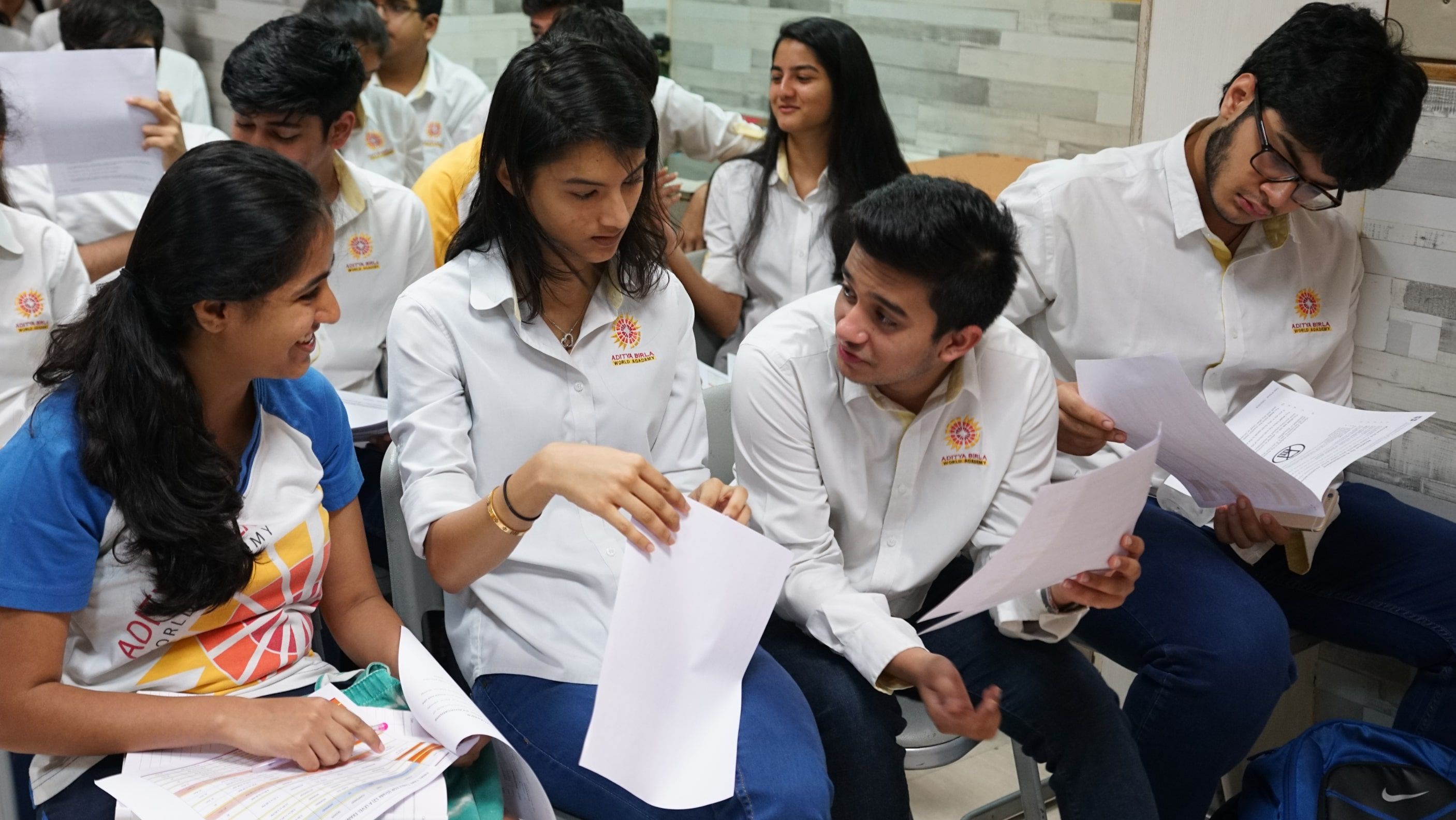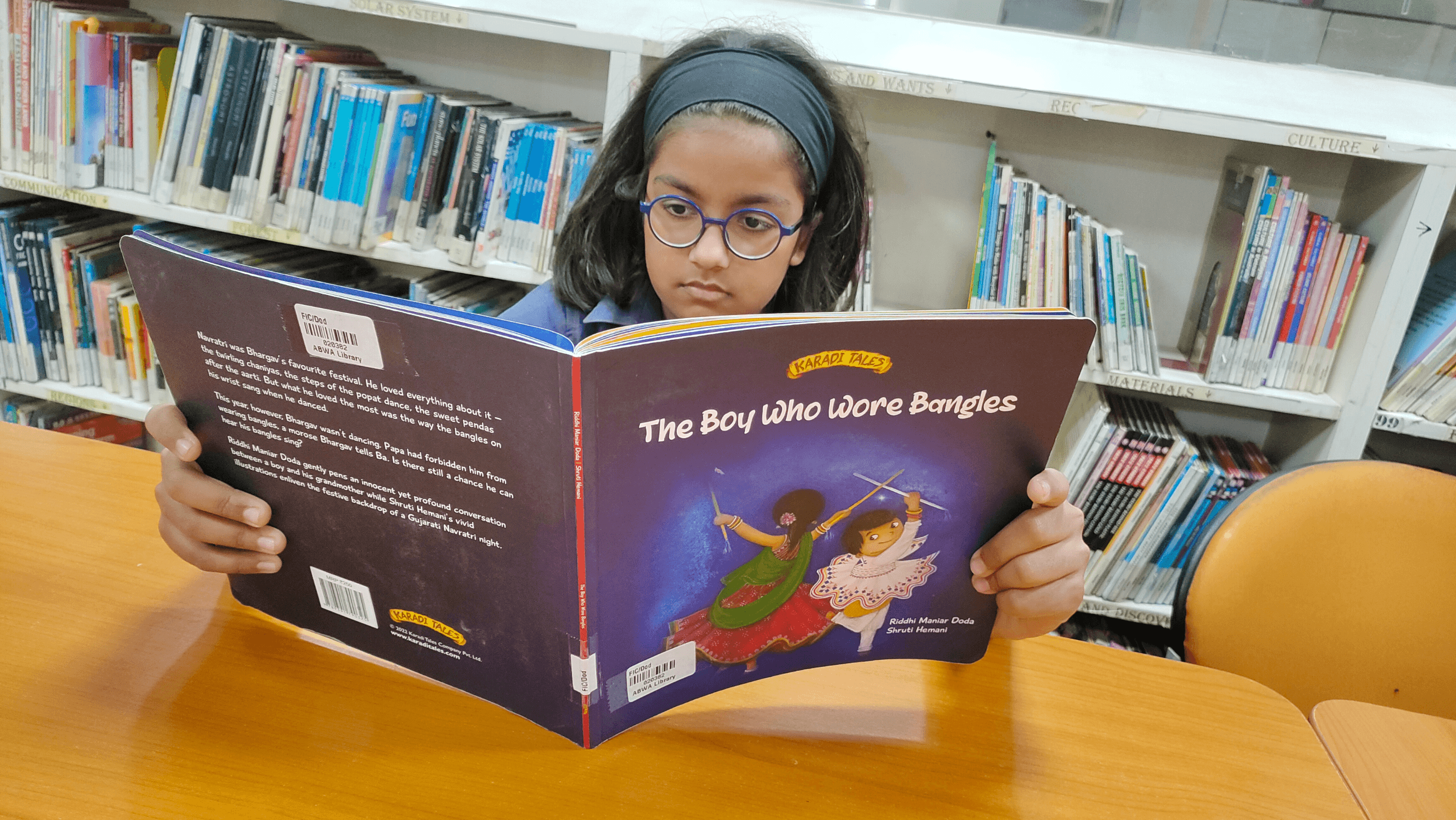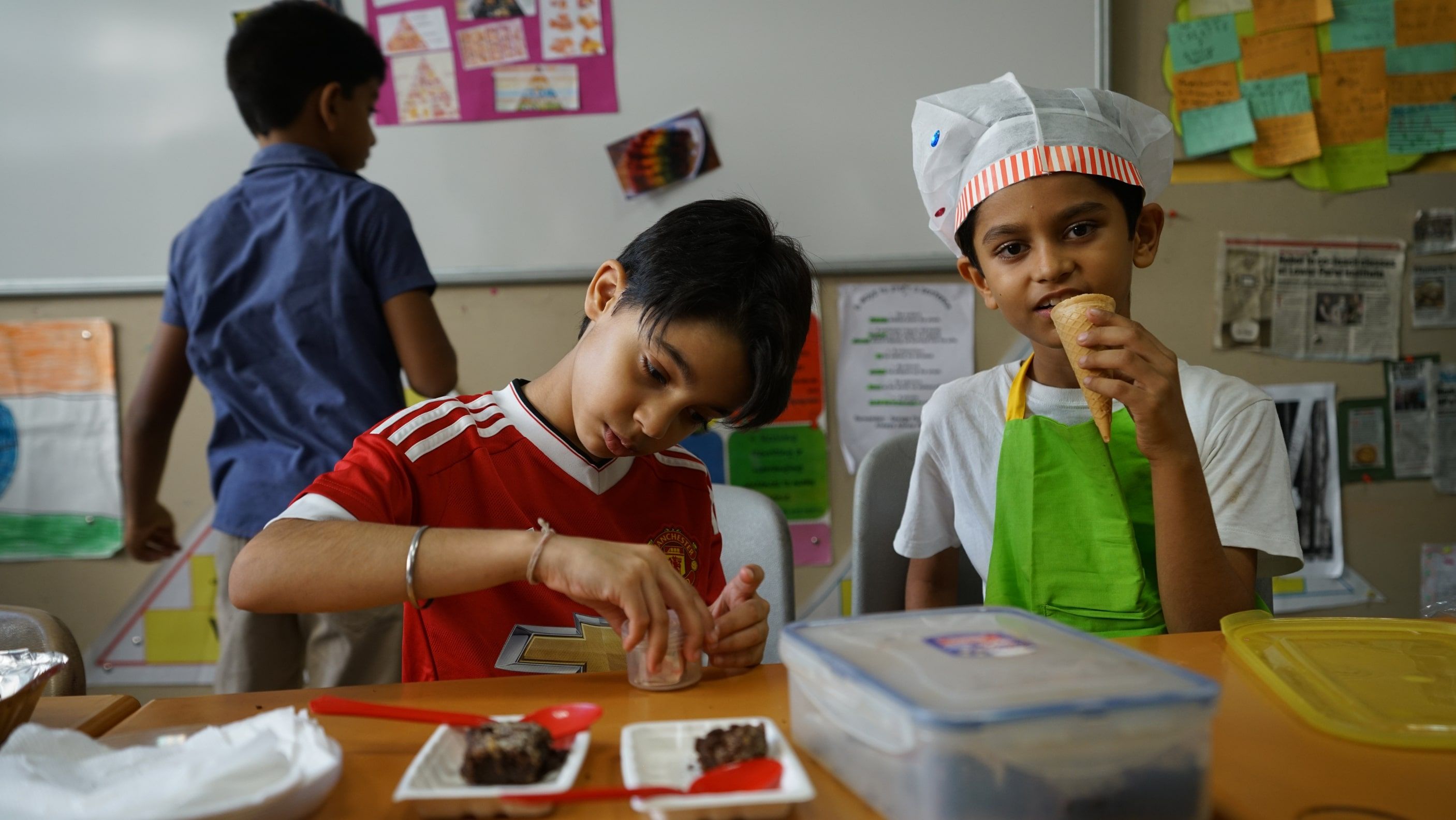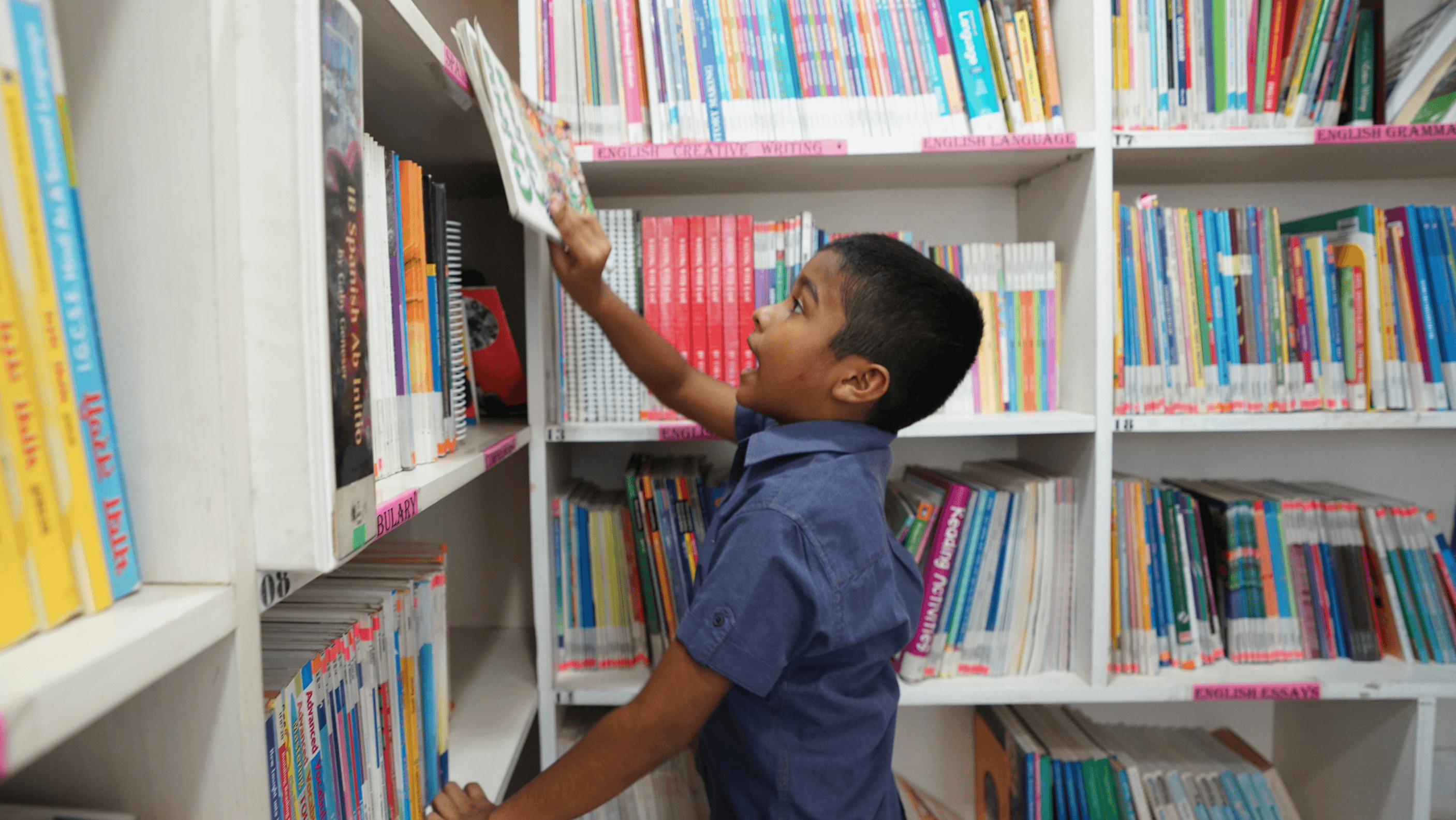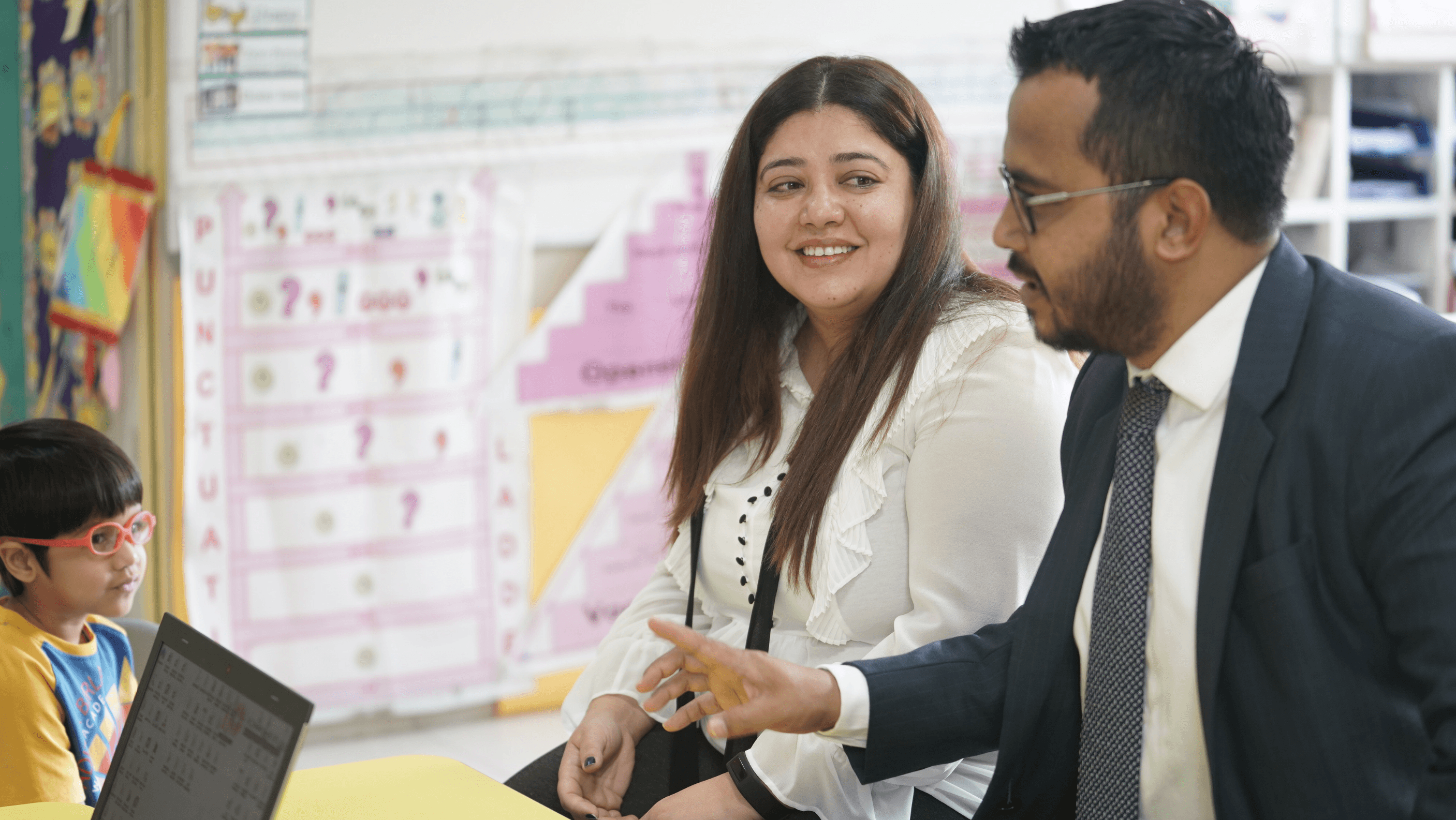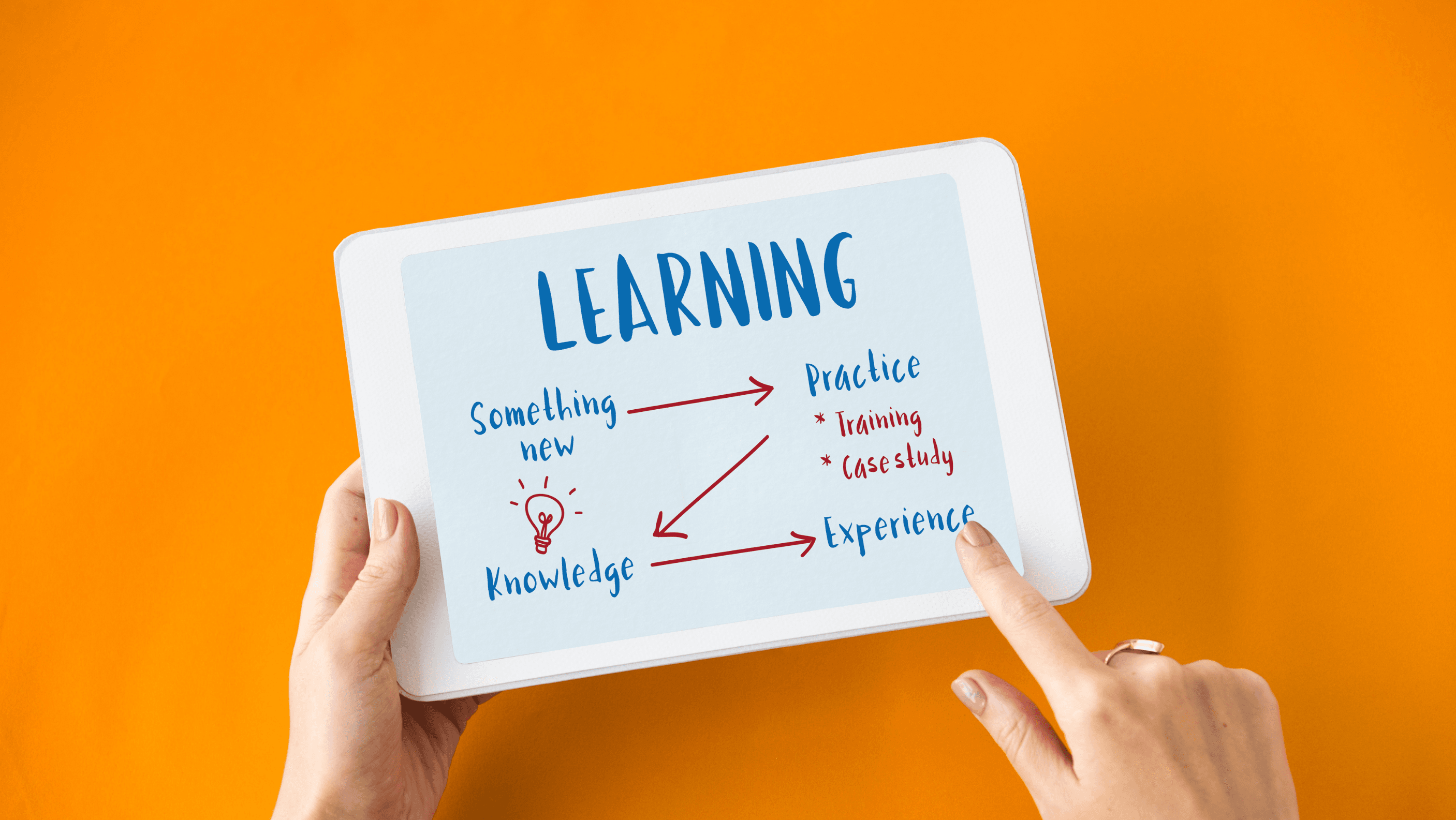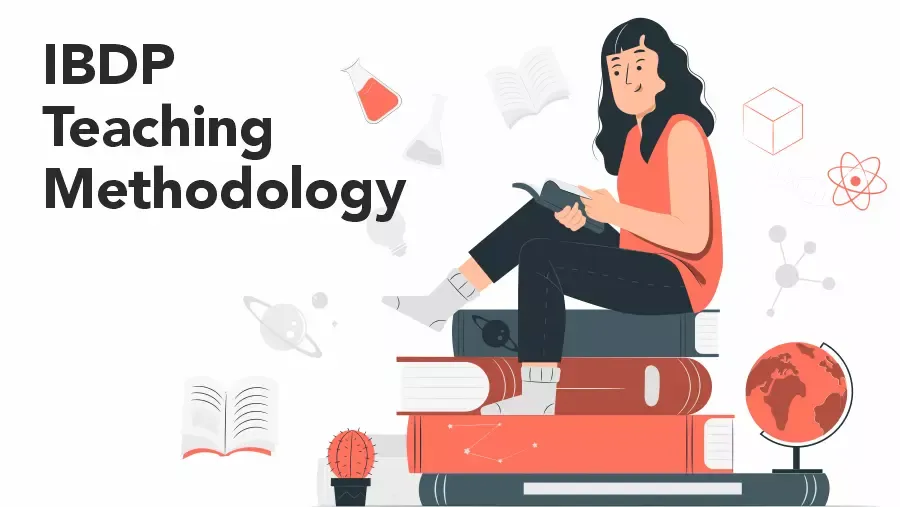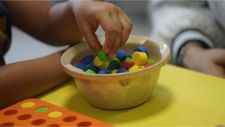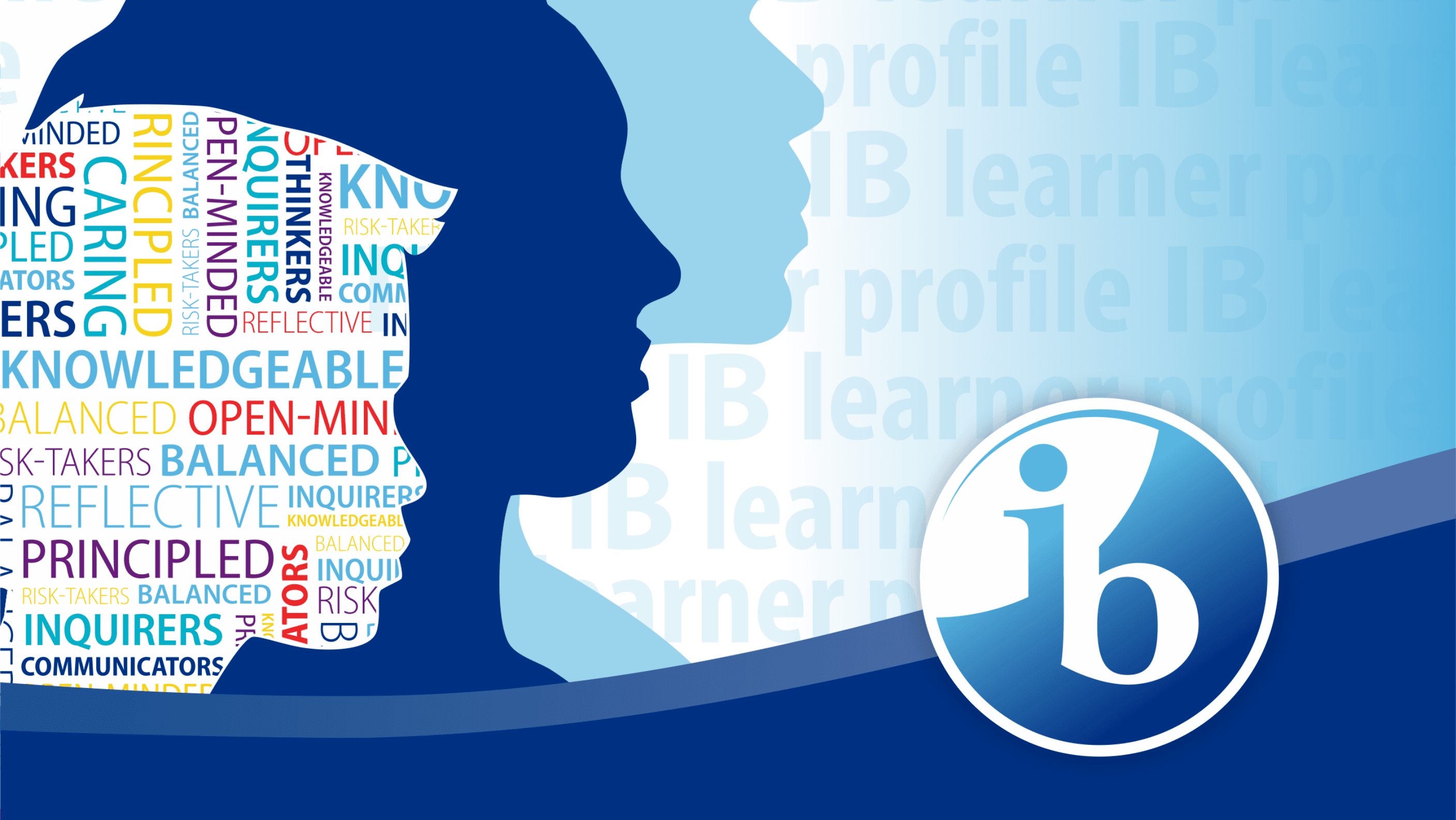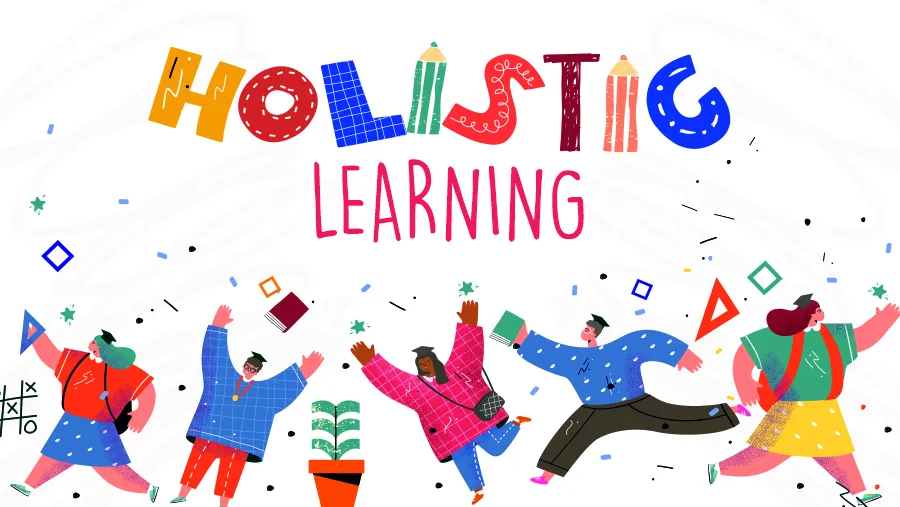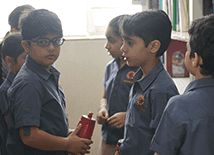“It is impossible to educate the Mind without involving the body. Learning is thinking and movement Integrated” Maria Montessori
What is play-based learning? And why is play-based learning so important?
The Formative years Learning Framework defines play-based learning as 'a context for learning through which children organize and make sense of their social worlds, as they engage actively with people, objects and representations.
Play-based learning is important to a child's development of emotional and social skills, such as the ability to develop positive relationships with peers. When children play together, they learn to get along with each another, cooperate, communicate effectively, solve problems and resolve conflicts. Researches show that play is a key to the way children learn.
Understanding the Child’s Development
Understanding how play helps and supports learning means understanding how children learn. Just as a tree’s roots form a base or a foundation on which the tree can thrive, our teaching must have roots in child’s development in order for children to thrive.
Once the students experience play-based learning, they are more focused, motivated, and purposeful. Most important, they are happier. Bringing play-based learning to the classroom creates balance, deepens our learning, and defines our classroom community
Understanding the Value of Play
When children are busy in real‐life and imaginary activities, it can challenge their thinking. Also, children learn better through first-hand experience and play motivates, stimulates and supports children in their development of skills, concepts, language acquisition, communication skills, and concentration. During play, children use all of their senses to explore their environment, and connect with what they already know with new knowledge, skills and attitudes.
Children repeat their experiences to solidify their understanding and it is here where children first learn and express symbolic thought, a needed precursor to literacy. Play is the early form of storytelling. And it is how children learn to negotiate with peers and solve- problems. They test out new knowledge and theories through play.
It is through play that basic social skills—like taking turns, sharing, helping—are practiced and learned. Children also bring their own culture, language and customs, into play. As an added advantage, they learn about each other in the process.
We may think of play as something to do with toys or playgrounds and so we may unintentionally discourage a child’s developing interests by narrowing the definition of play. When they reach for food prep alongside with us in the kitchen, for example, we might say “no” and redirect them to a pretend kitchen instead. It’s important to understand and honour the play is anything that child chooses. We must remove our own adult assumptions of play. Play is the work of the child. Finally, play supports positive attitudes toward learning. These include imagination, curiosity, enthusiasm, and persistence. Also, cannot be replicated through traditional rote learning, where the emphasis is on remembering facts.
Adult’s Role in Child Play
However, it’s crucial for an adult to support a child’s play experiences by being present and engaged in the play rather than leading or controlling his play. That’s because the essential principle of play is that it should be self-directed by the kid. Adults’ interfering hampers the significance and experience of play. As a result, children lose the liberty to explore play freely.
So, provide your children with opportunities to play, let them get engaged in the play, discover their interests, build themselves up, explore new things, and grow their experiences. Here’s how we as adults can play a crucial role in supporting and extending children’s play.
1. Planning a play
Adults can help plan their children’s play by focusing on the environment first. A play environment; either an indoor or an outdoor environment should be psychologically and physically suitable, where children can feel secure and have the freedom to explore. This should be taken into consider even when you are searching for an early child care center or school.
Adults mostly choose play materials according to their child’s interests and abilities. Instead, the focus should be on helping children with a wide range of materials including those they are familiar with, novel, natural and open-ended ones to support your child’s exploration in play. Encourage your children to make their own choices of what they want to play with play. It will give them the confidence to identify their abilities and interests.
2. Supporting their play
Supporting your children’s play is very important not just to enhance their learning and knowledge but also to familiarize yourself with their interests. You can support their play by being their play partners such as engaging in role-playing. This will make your child feel that you invested your time in his/her play and respect their play decision. In certain situations, parents can be non-participants and just be observers when children are painting, drawing or clay modeling.
Parents can also play an important role when challenging stereotypes, interpersonal conflicts or a safety concern arise during playtime. Adults are role models for children and have the power to influence their values and behaviour and therefore when a situation as this arises parents shouldn’t end the child’s play scenario but deal with it in a sensitive and fair manner.
When you participate in children’s play, you can extend upon their current knowledge and help them understand new things. Sometimes children get upset during a play scenario, especially when things don’t happen their way but when they find you in a similar situation and notice that you are yet calmly and patiently doing your part in the play, they will model your positive behaviour.
3. Review your child’s play
Reviewing a child’s play is important as it helps you to understand and gain information about their current interests, purpose, and learning, thereby opening your eyes to their competencies. This, in turn will guide you to provide resources in the environment to improve the child’s play experiences further.
You, will also understand the patterns that emerge in their play, what they do in the play and about their social, linguistic and emotional disposition by reviewing your children's play and observing, talking and listening to them. When observing your child, always put yourself in their shoes and understand how he or she is experiencing the play event.
Even young children, babies and infants need opportunities to play without adults overtaking their play. Children are naturally highly motivated to play. At our school we offer our support to children’s play and our teachers gain the best possible insights to further enhance their learning and knowledge.
So, provide your child with plenty of opportunities to play, let him/her get engaged in the play, discover their interests, build themselves up, explore new things, and grow their experiences.
Also read,
What is Differential Learning? How does ABWA contribute to the differential learning curriculum?
https://www.adityabirlaworldacademy.com/blogs/what-is-differential-learning-how-does-abwa-contribute-to-the-differential-learning-curriculum
How much do best international schools focus on extra and co-curricular activities? What are the activities included?
https://www.adityabirlaworldacademy.com/blogs/how-much-do-best-international-schools-focus-on-extra-and-co-curricular-activities-what-are-the-activities-included





